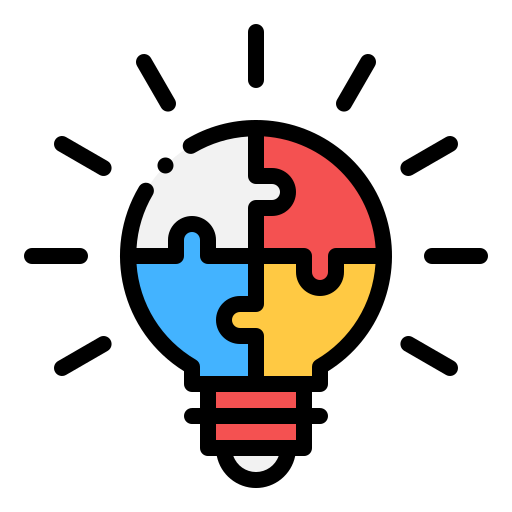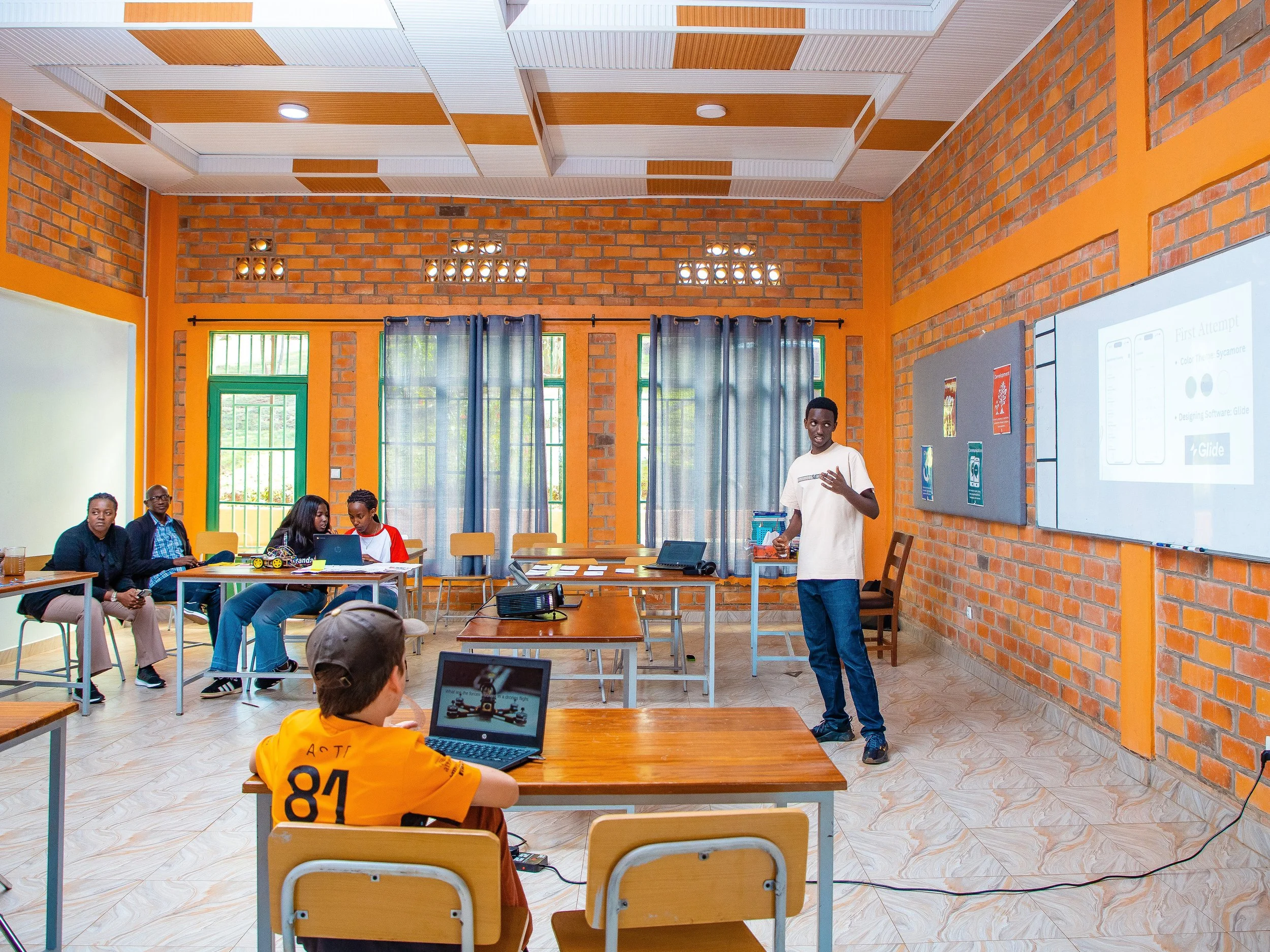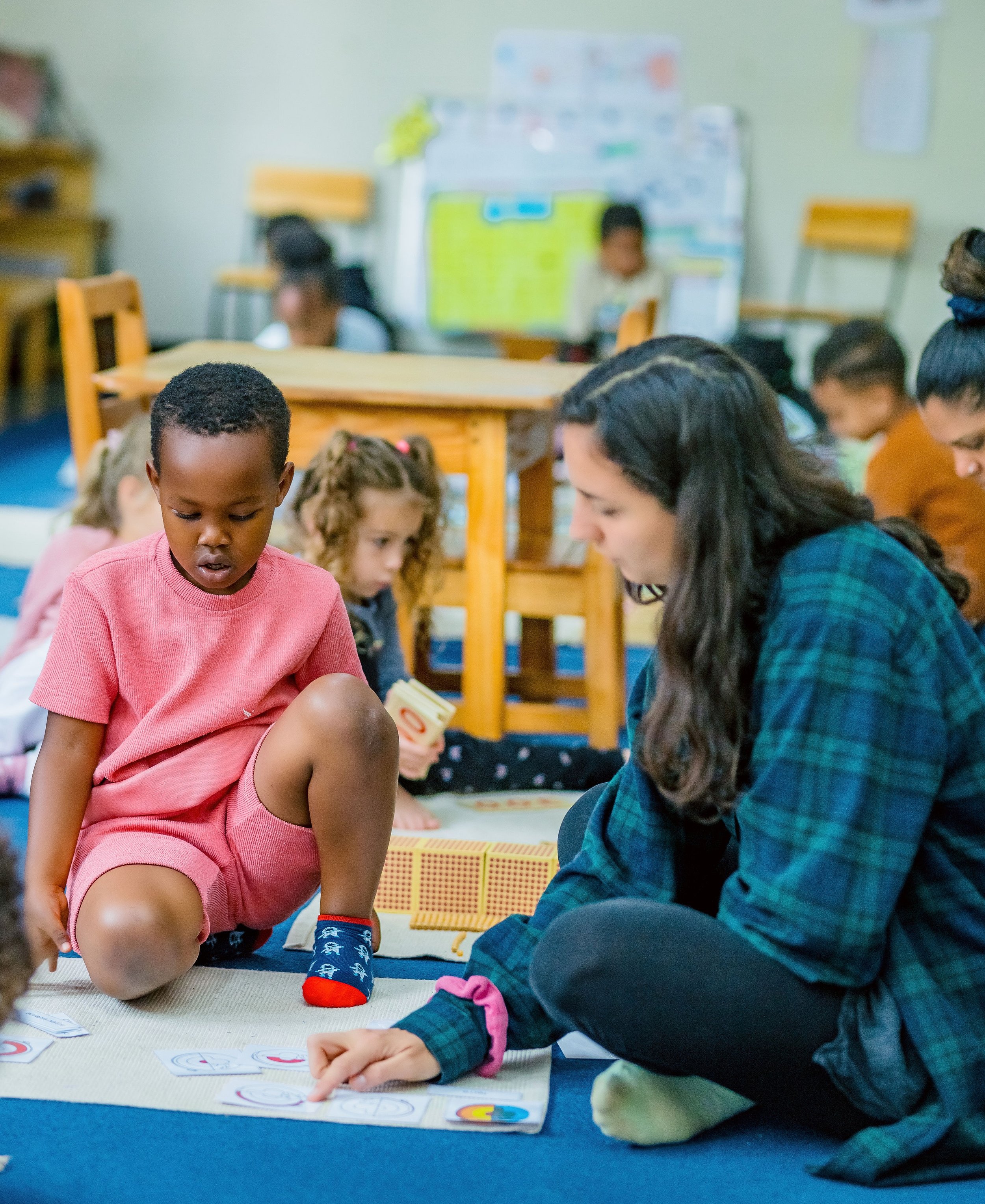
Secondary - IB- MYP | Ages 13-16
Purposeful learning.
Students are encouraged to take control of their education, work on difficult real-world projects, challenge themselves, and think deeply about today’s relevant problems
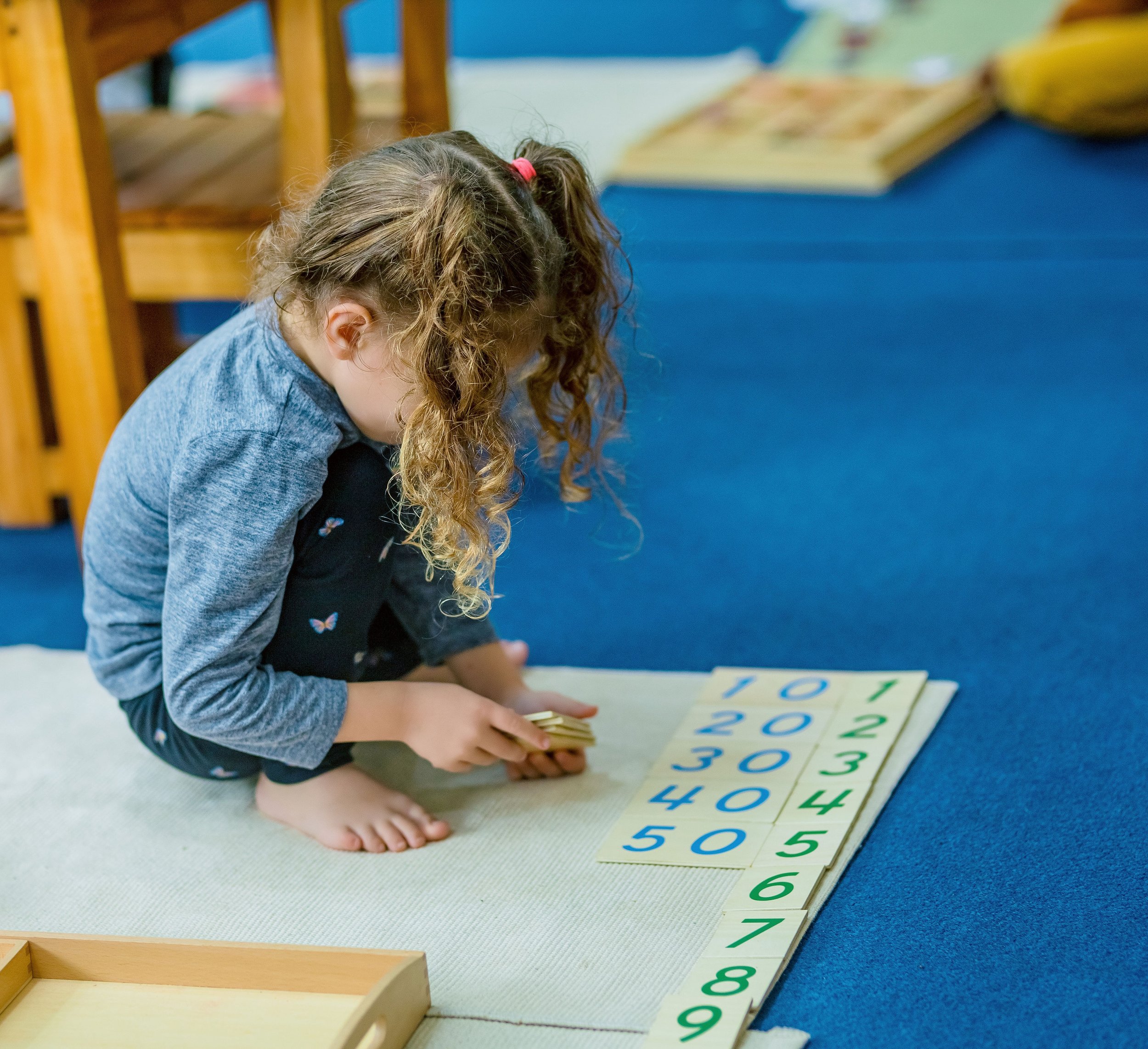
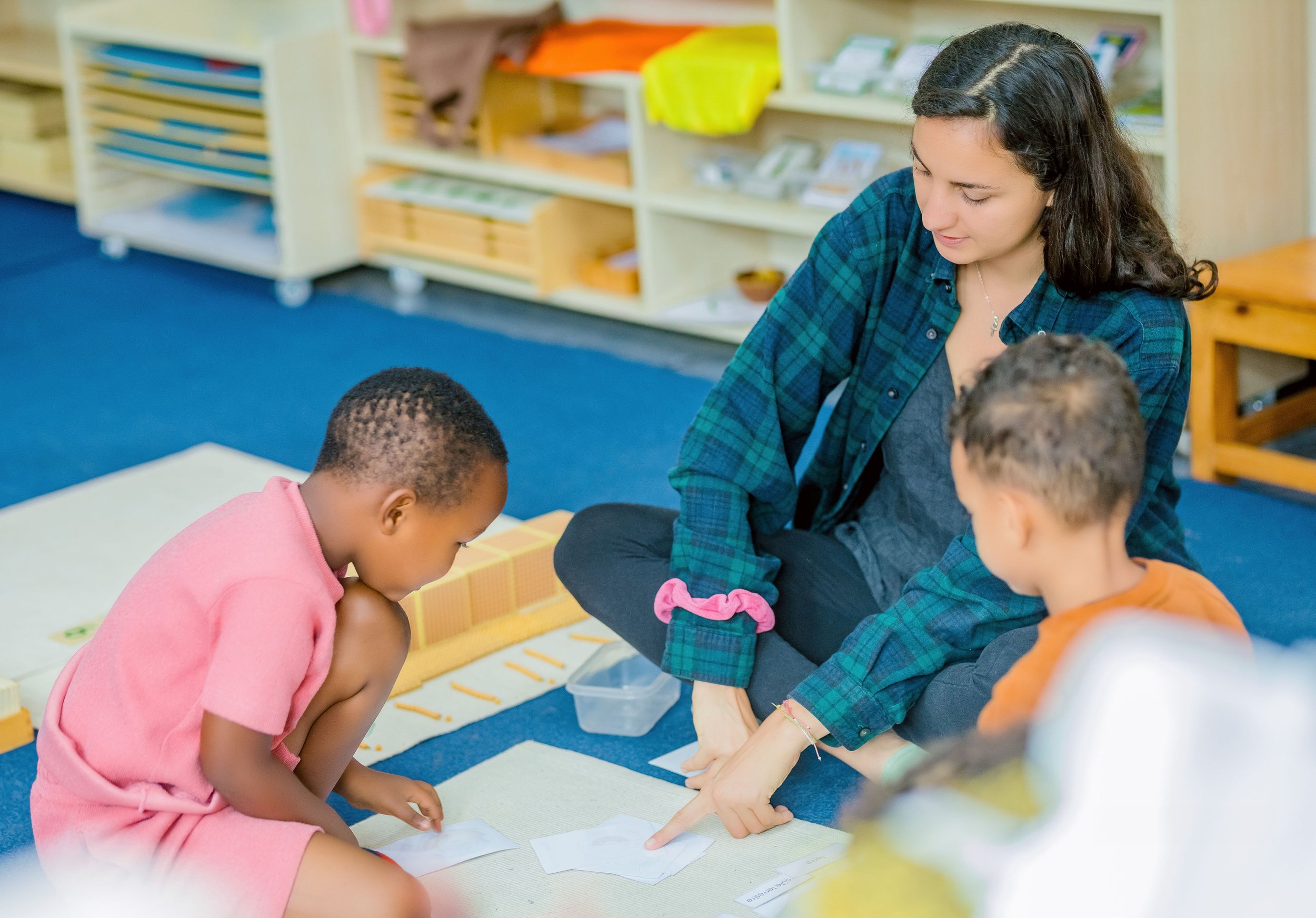
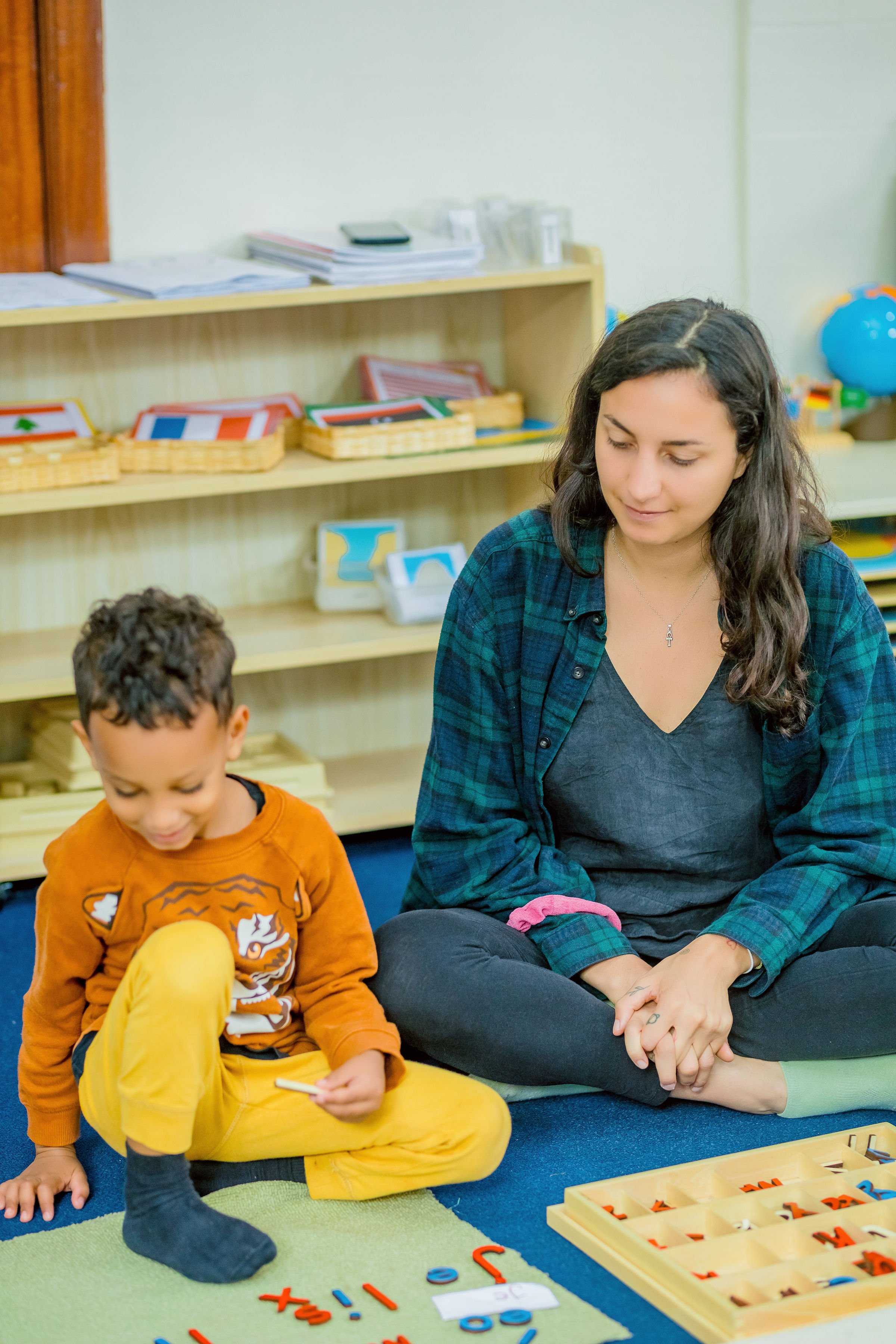
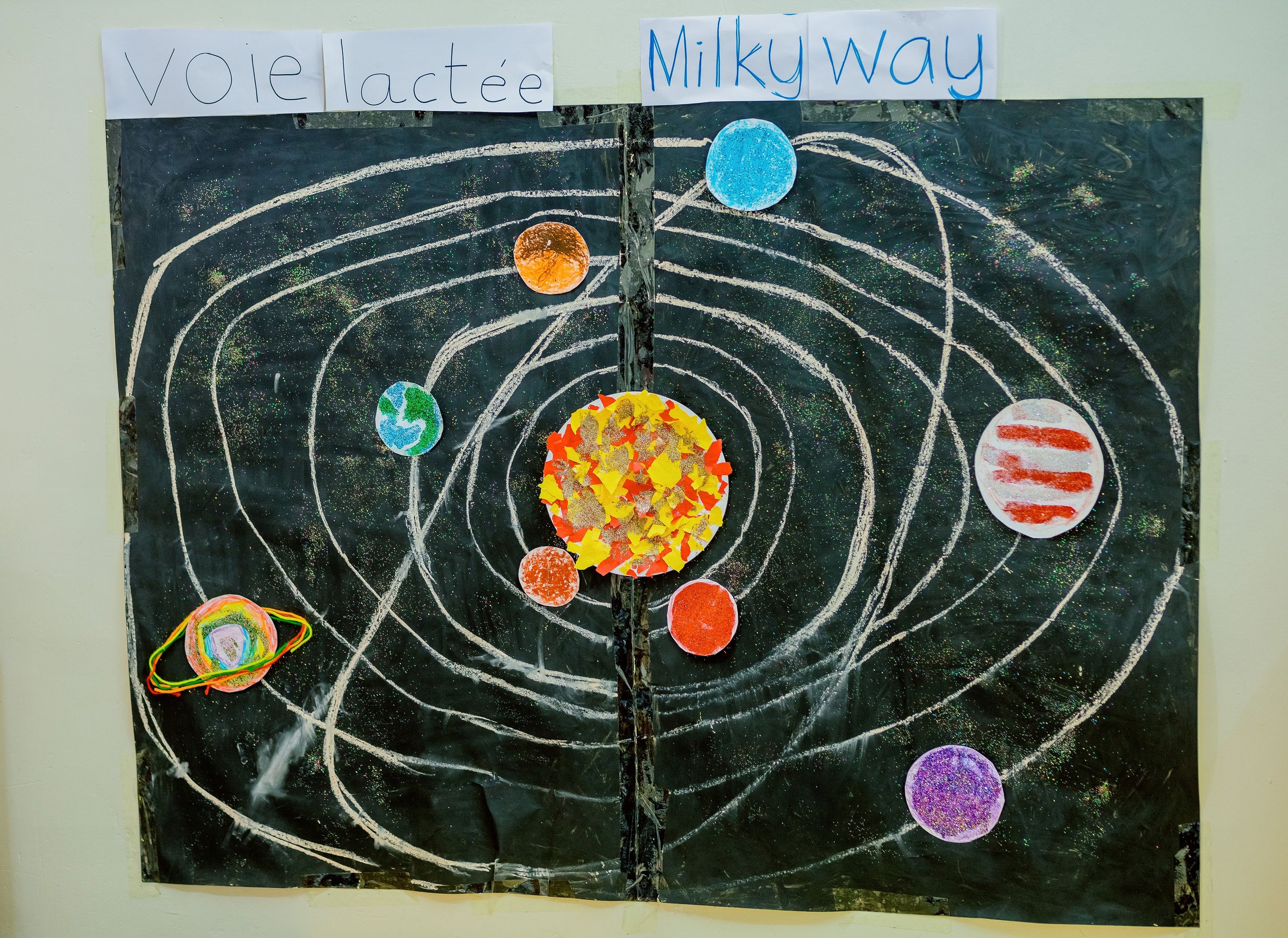
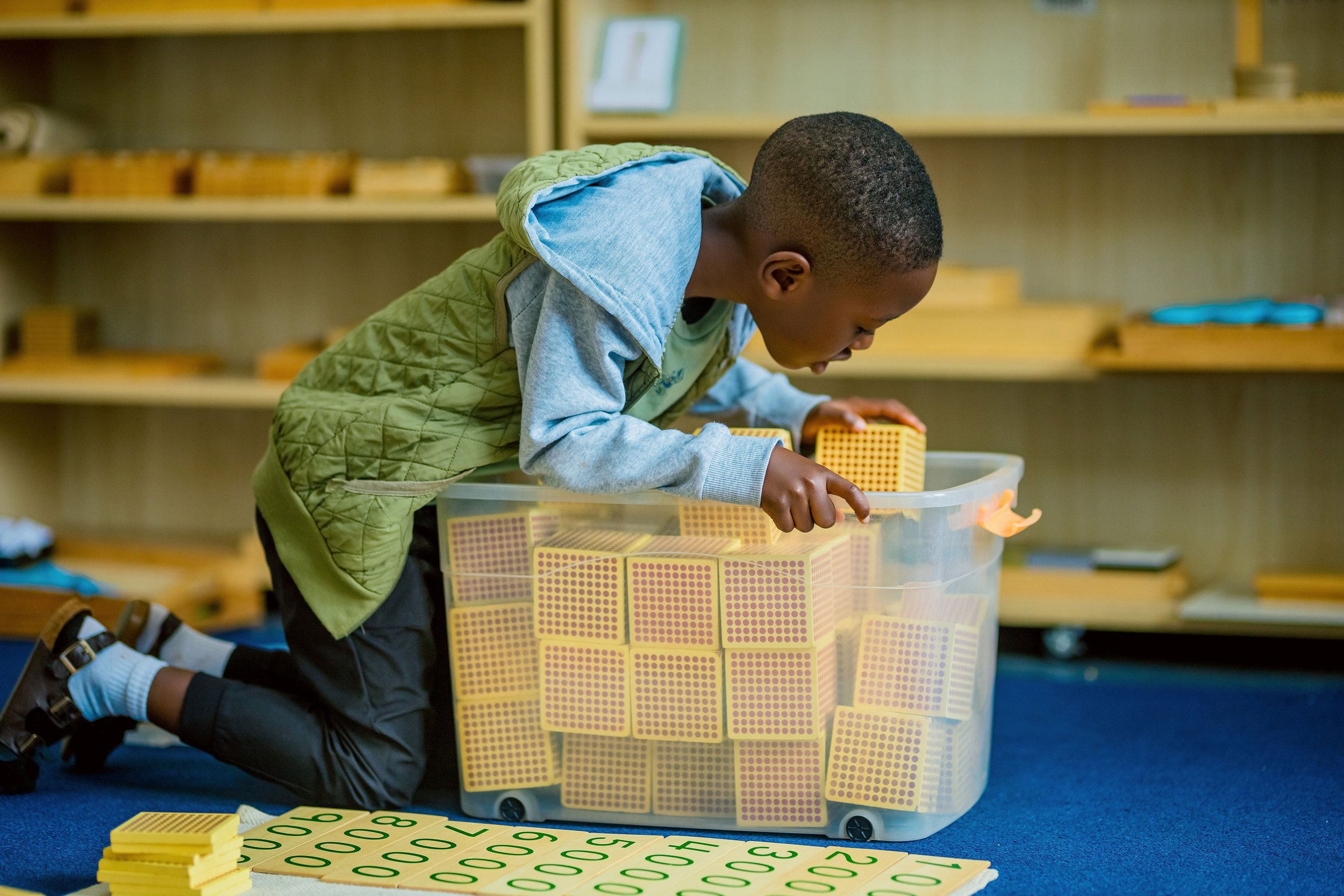
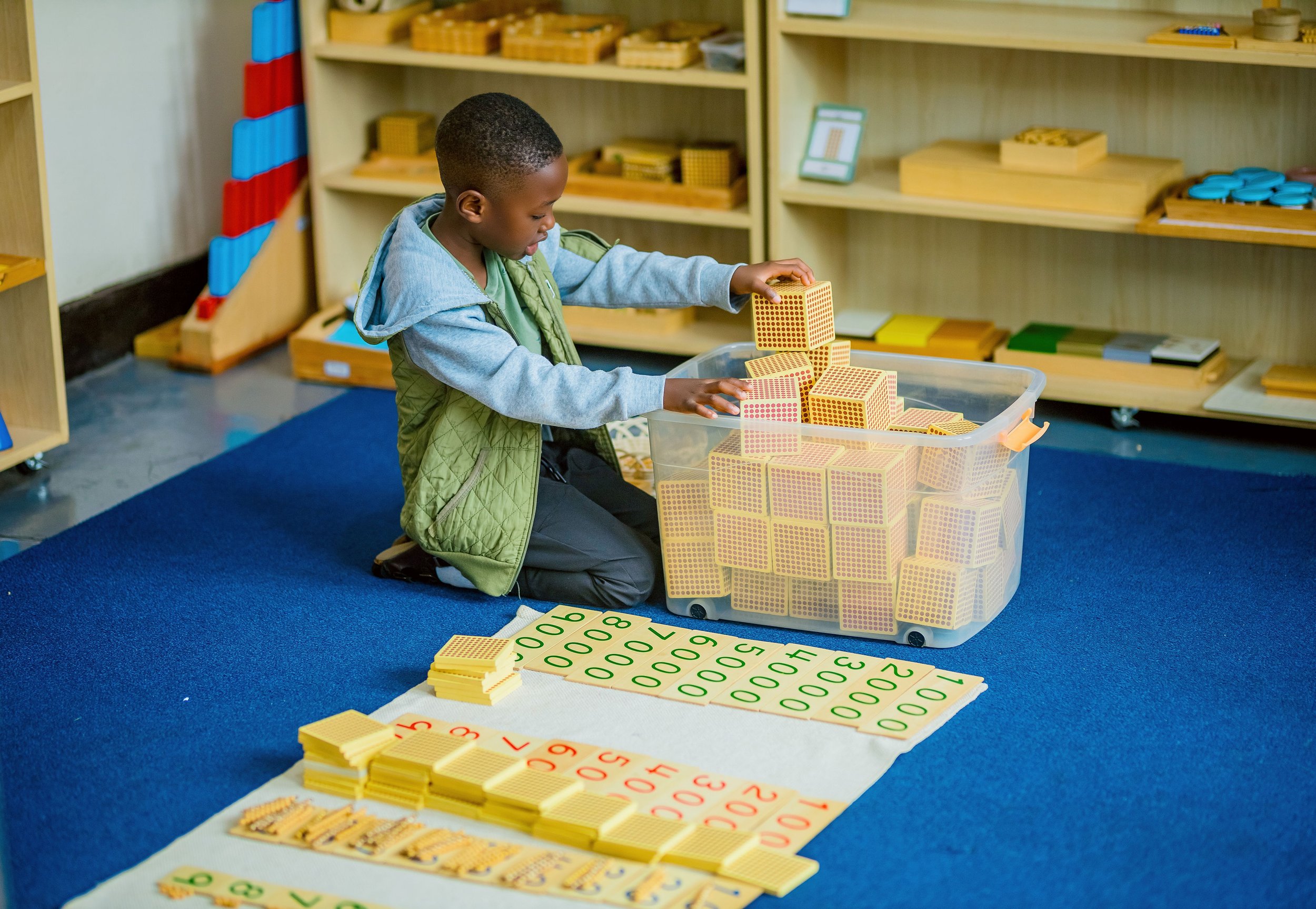
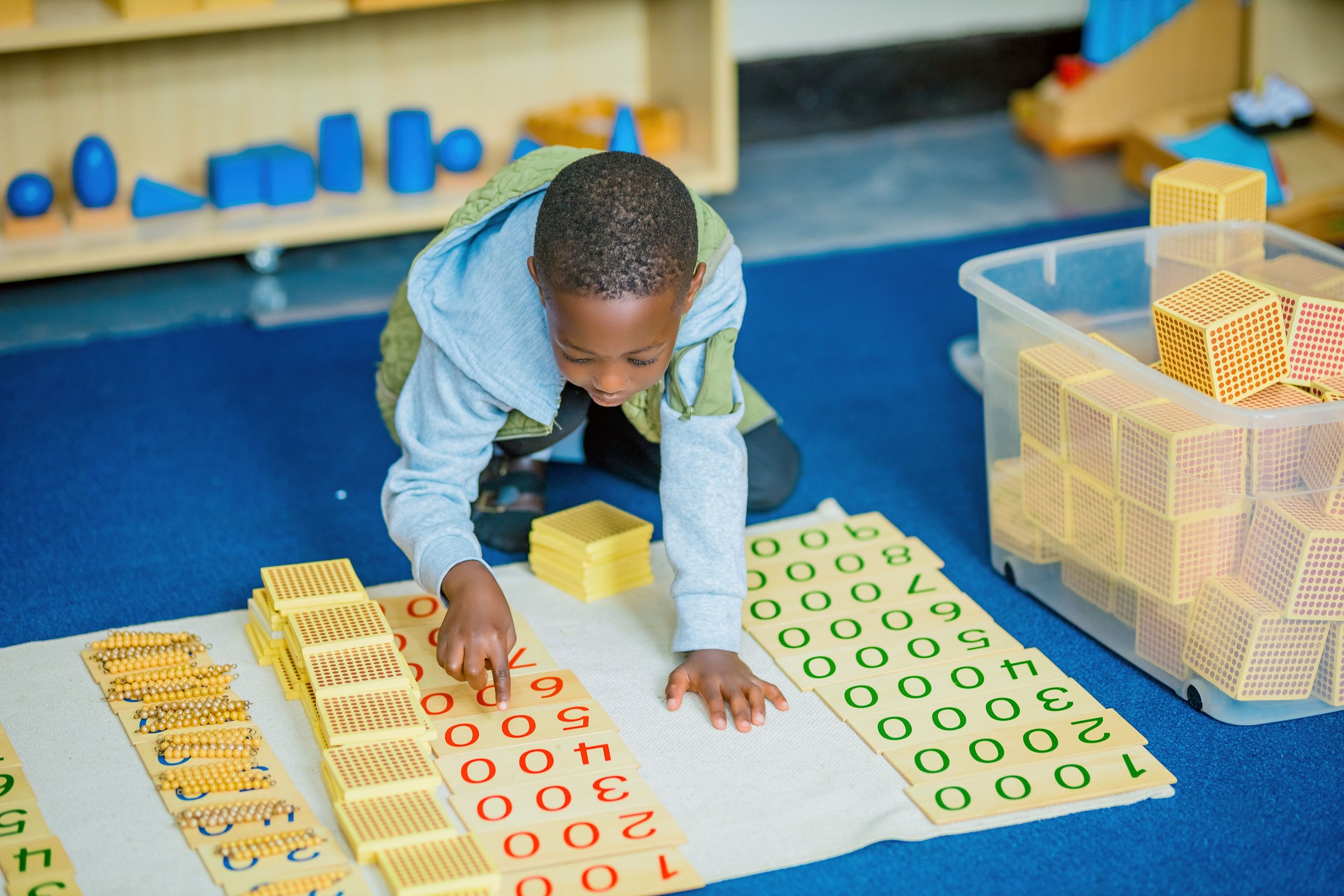
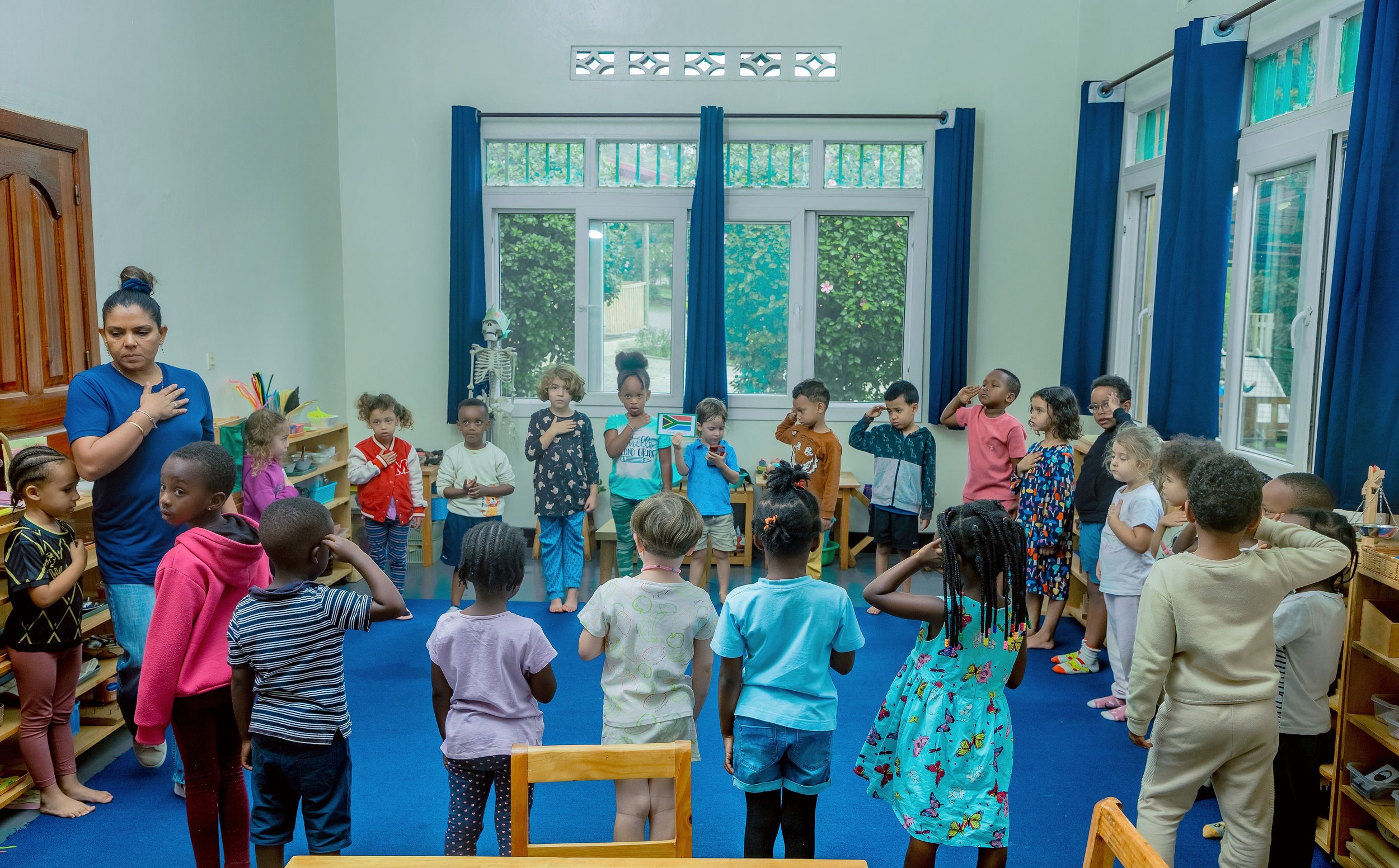
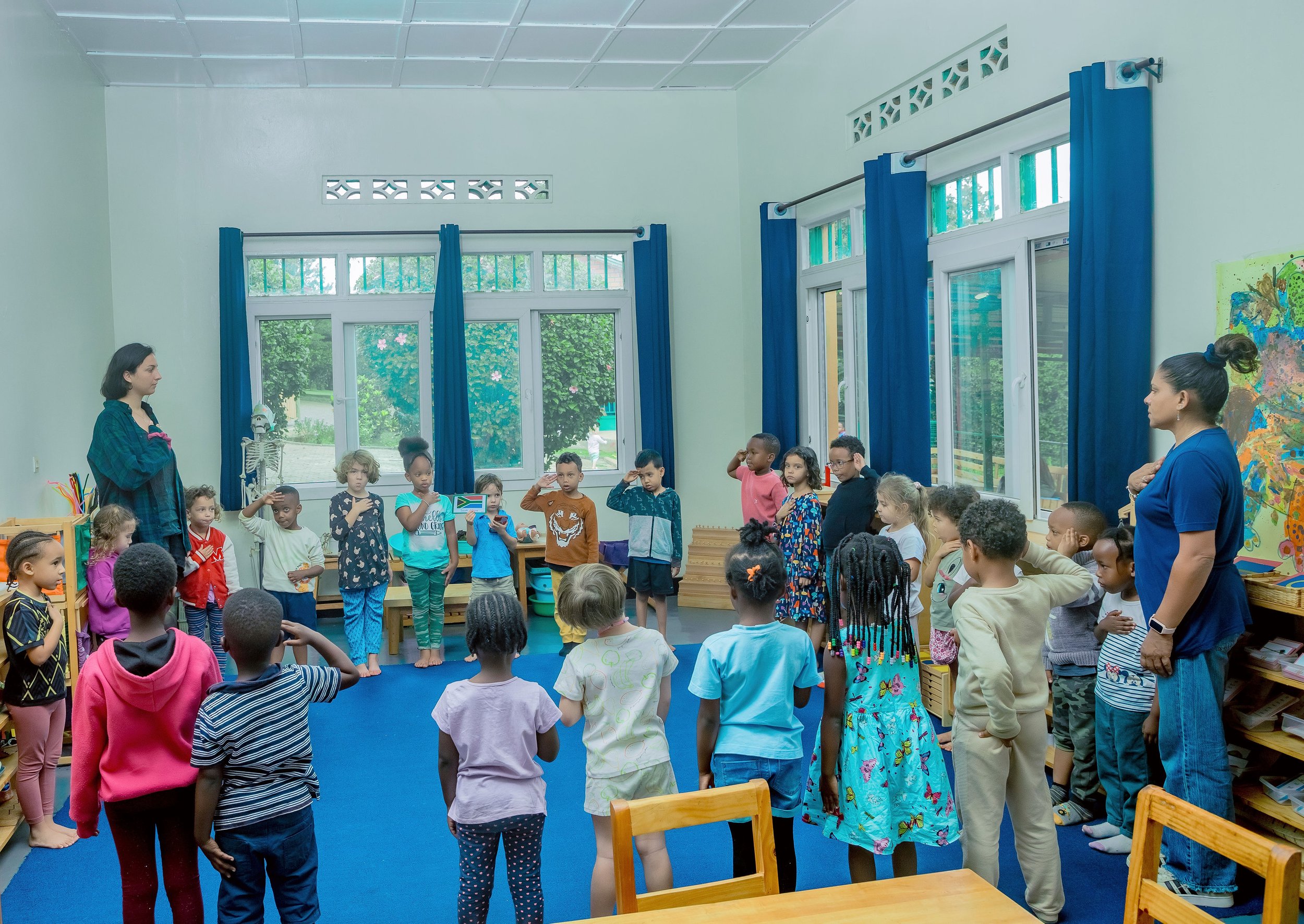
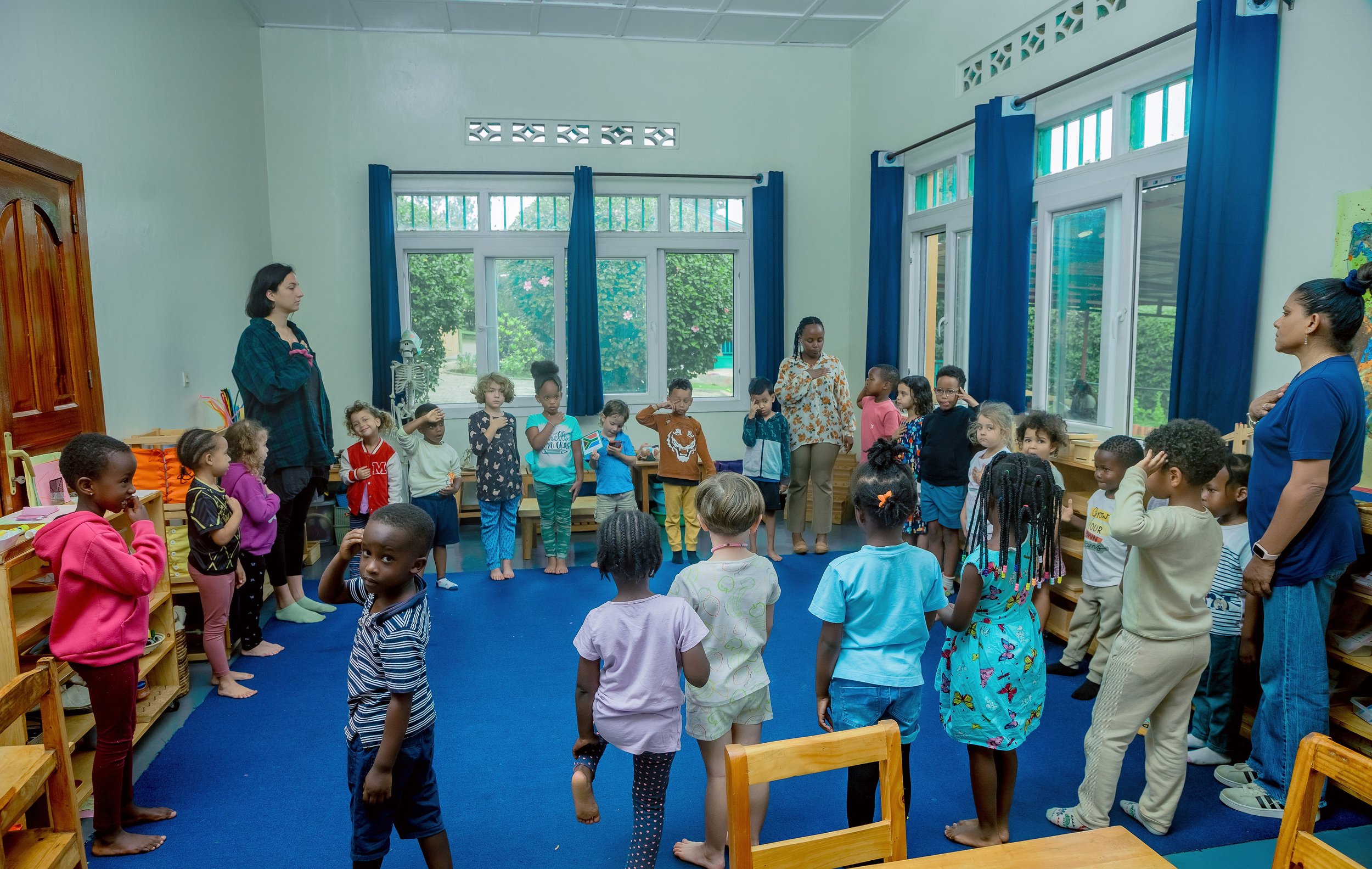
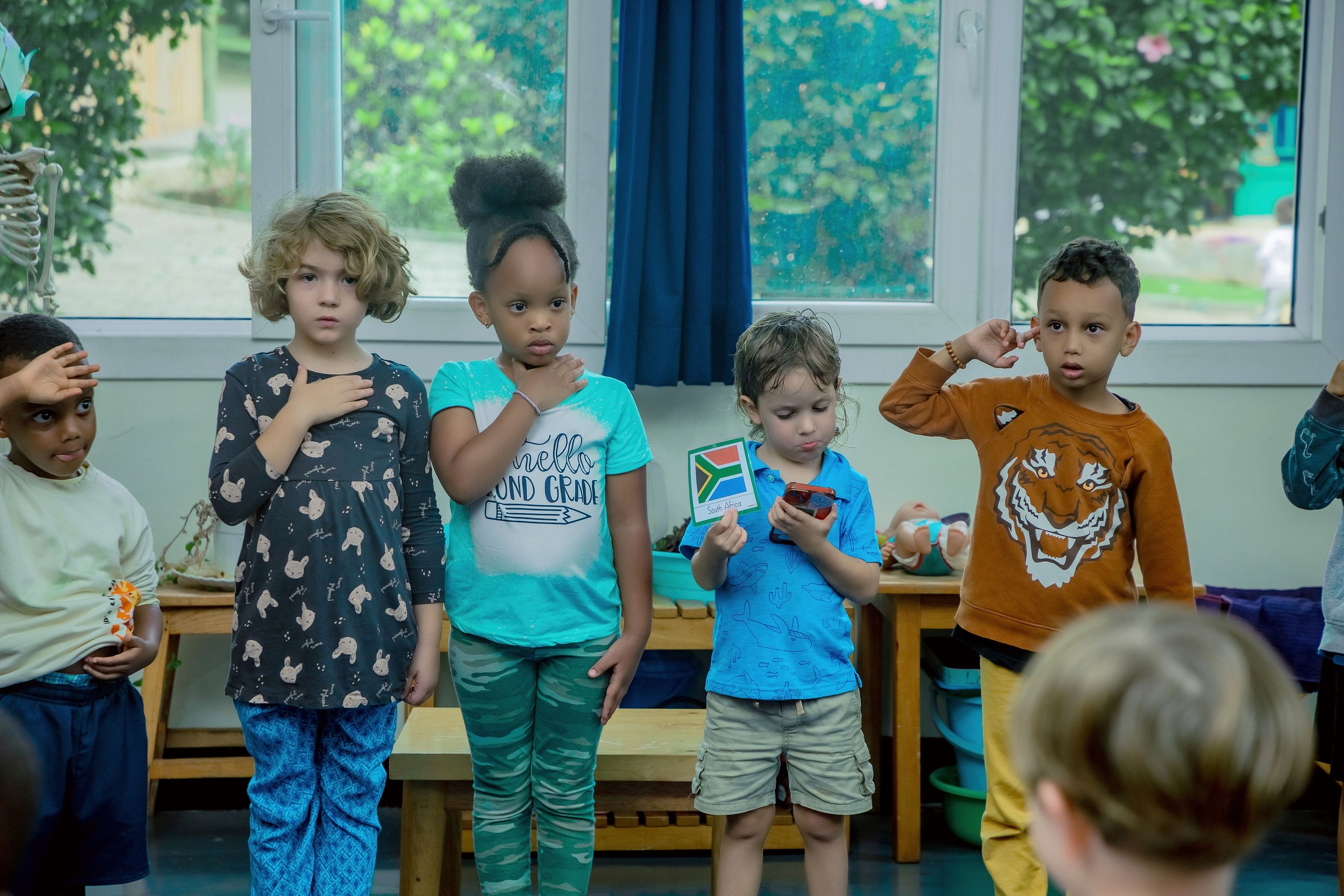
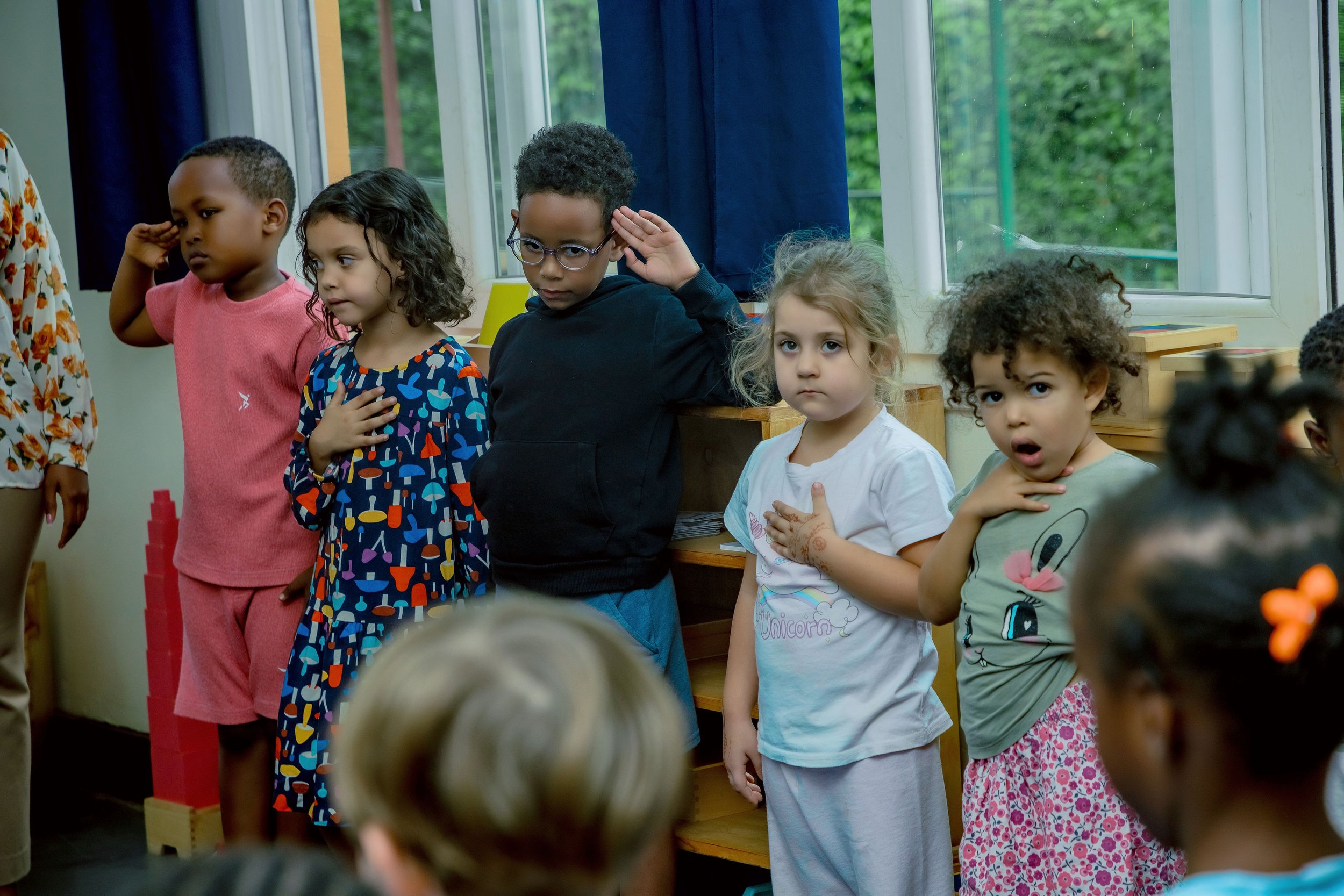
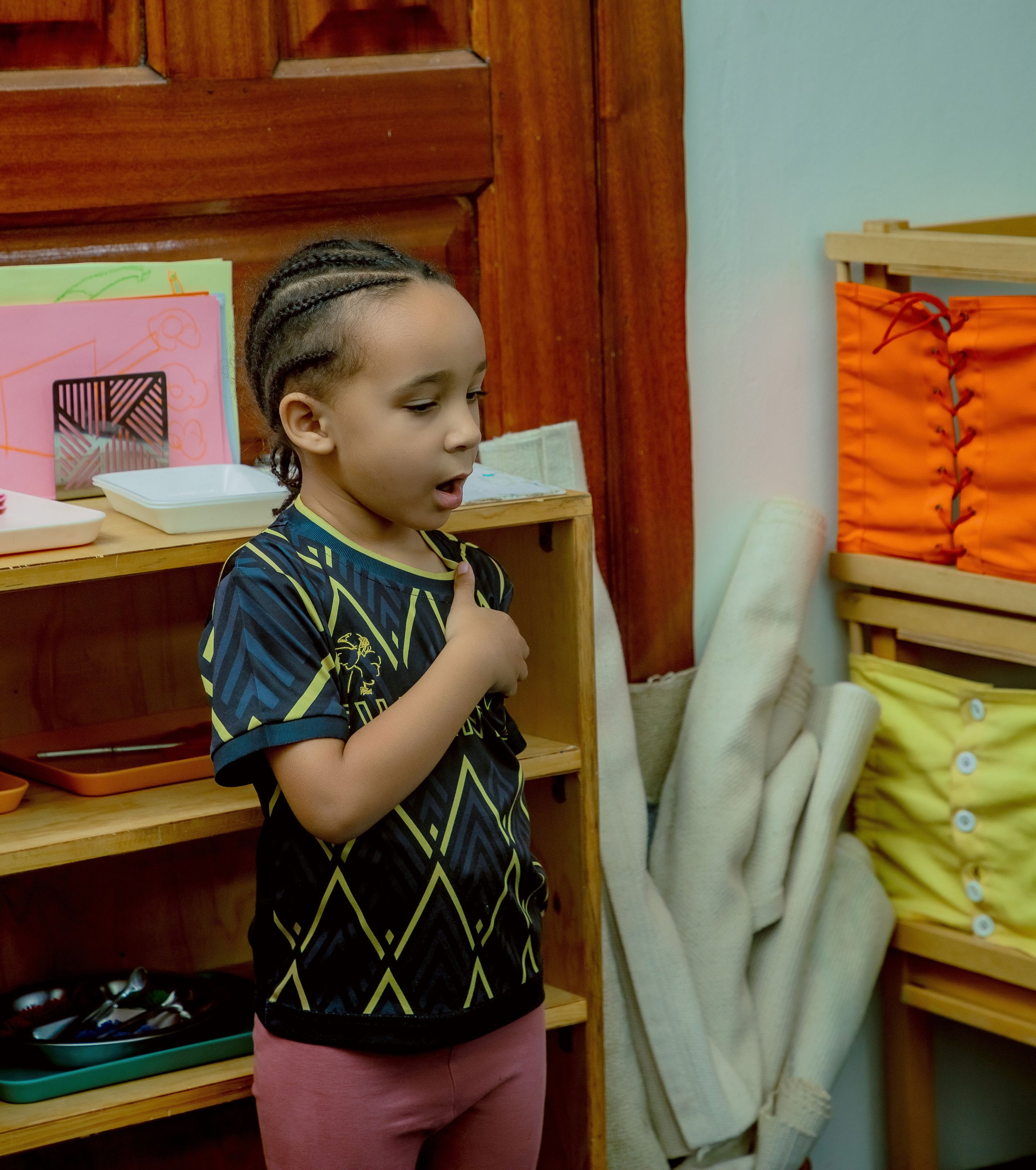
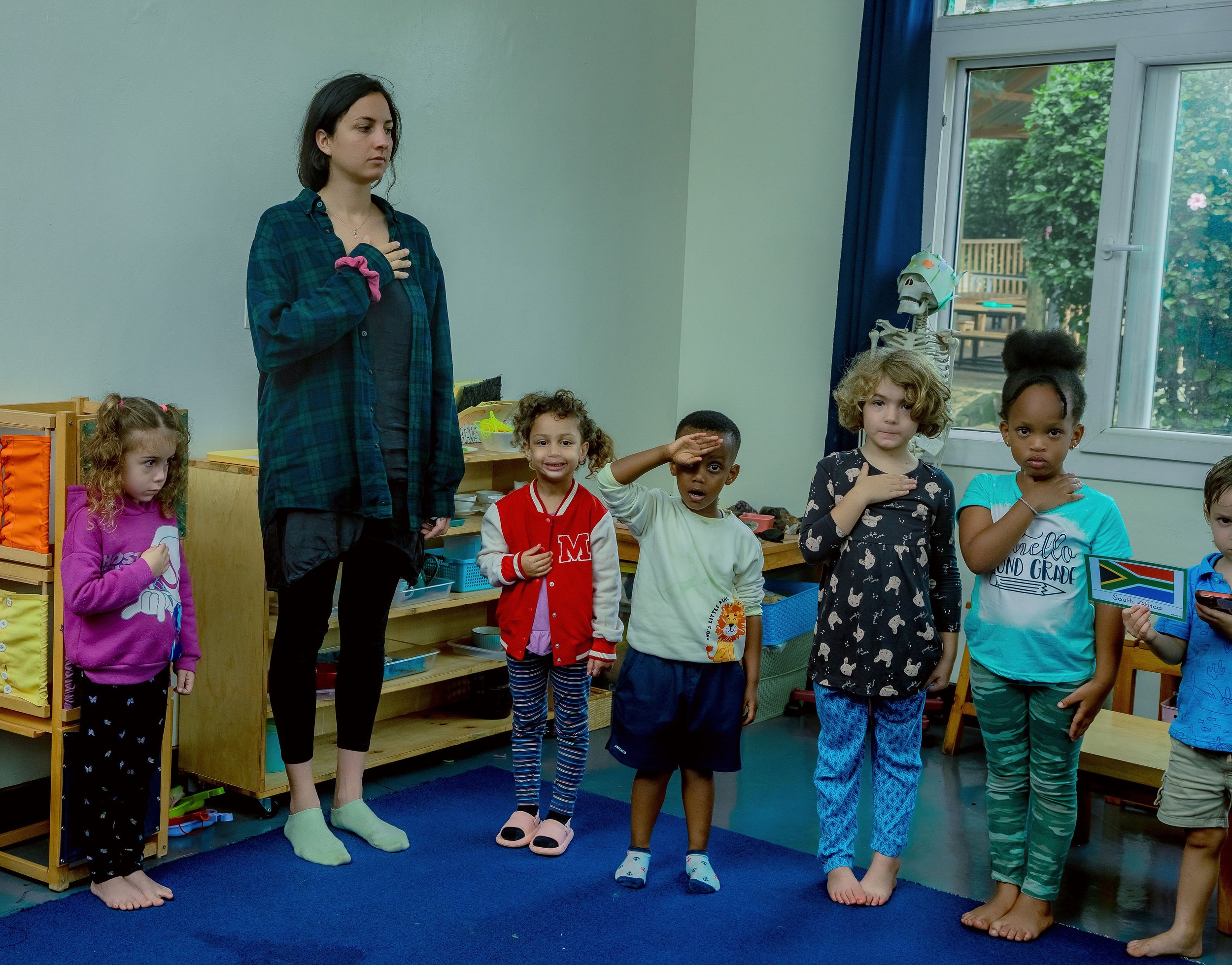
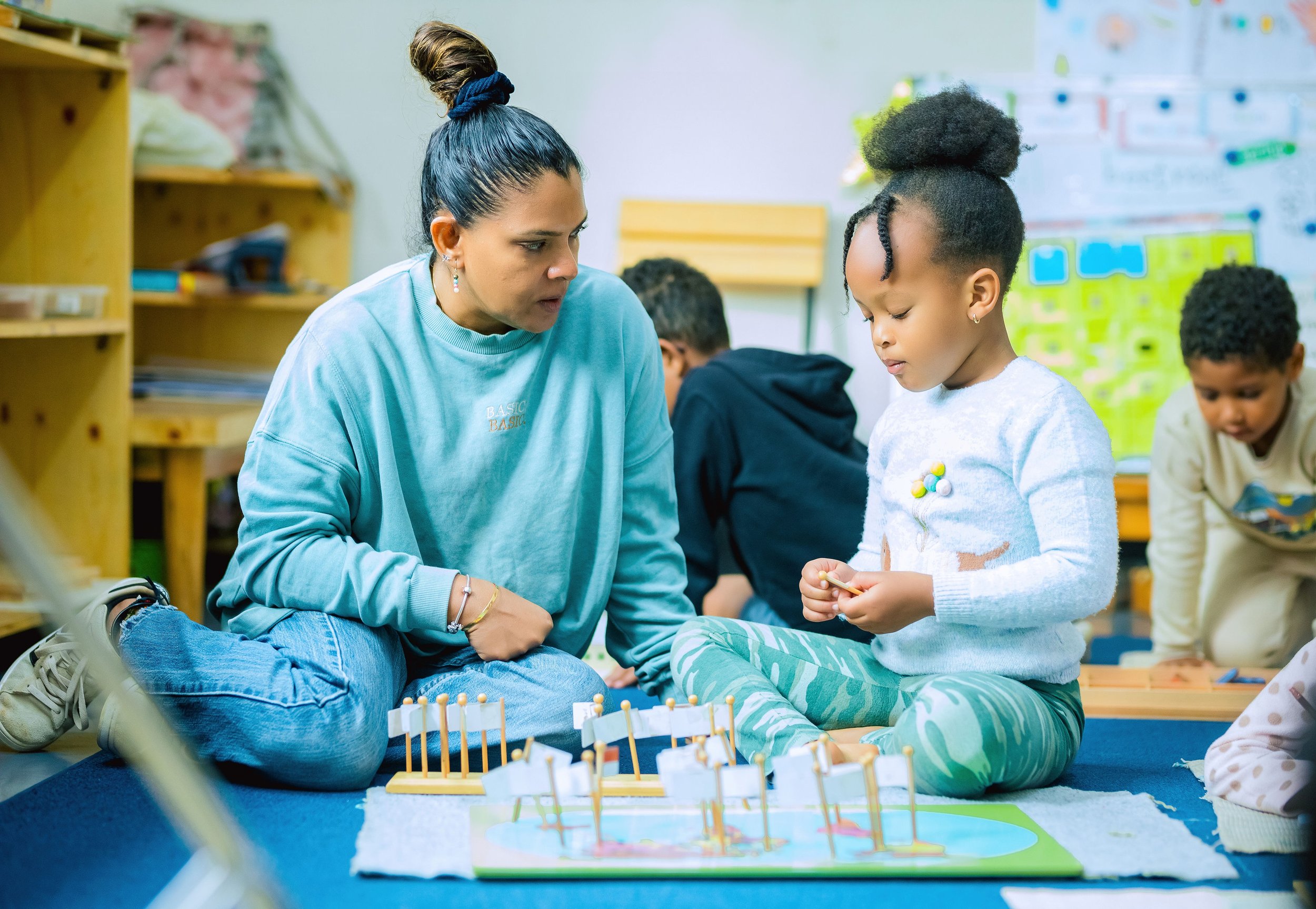
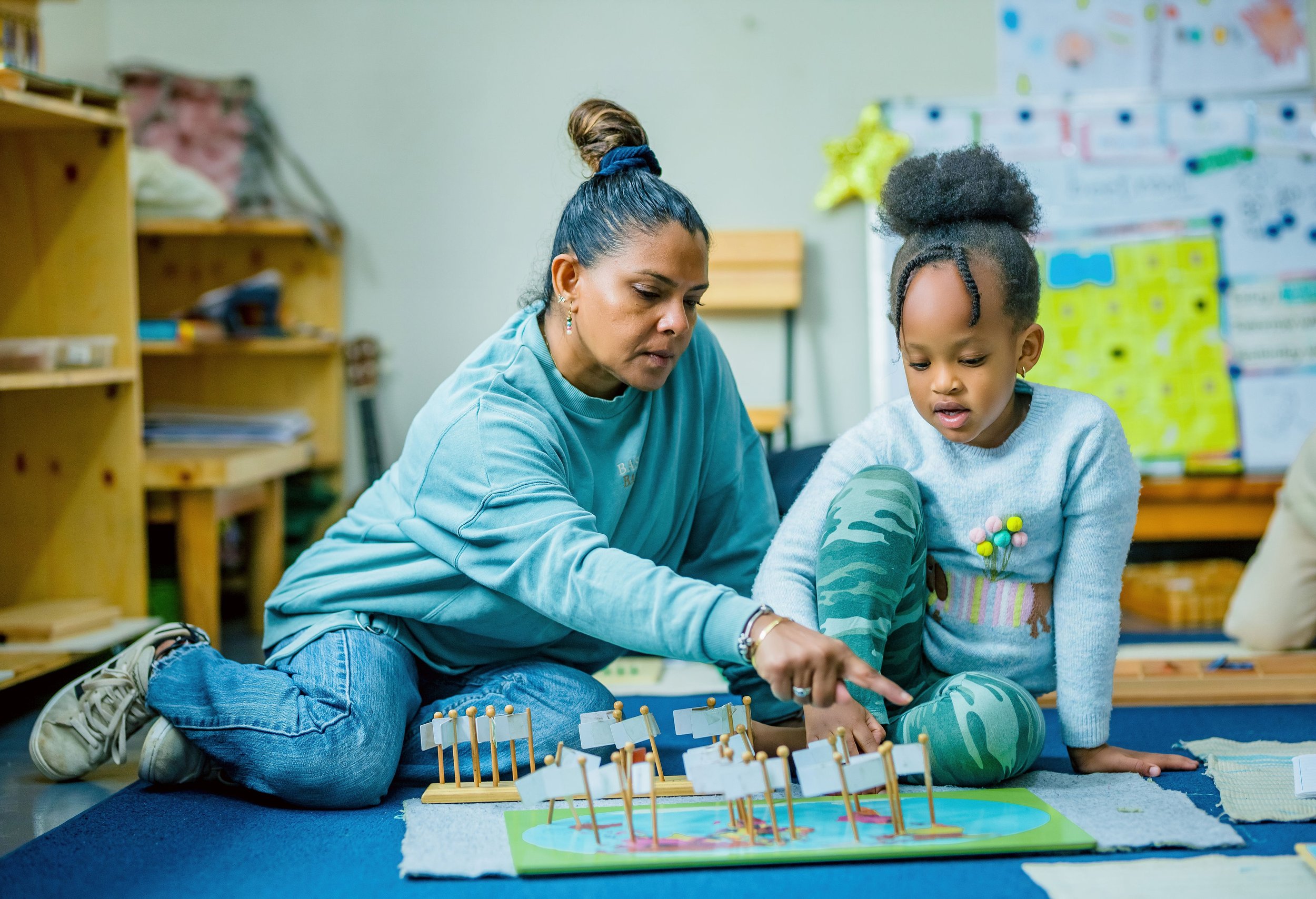
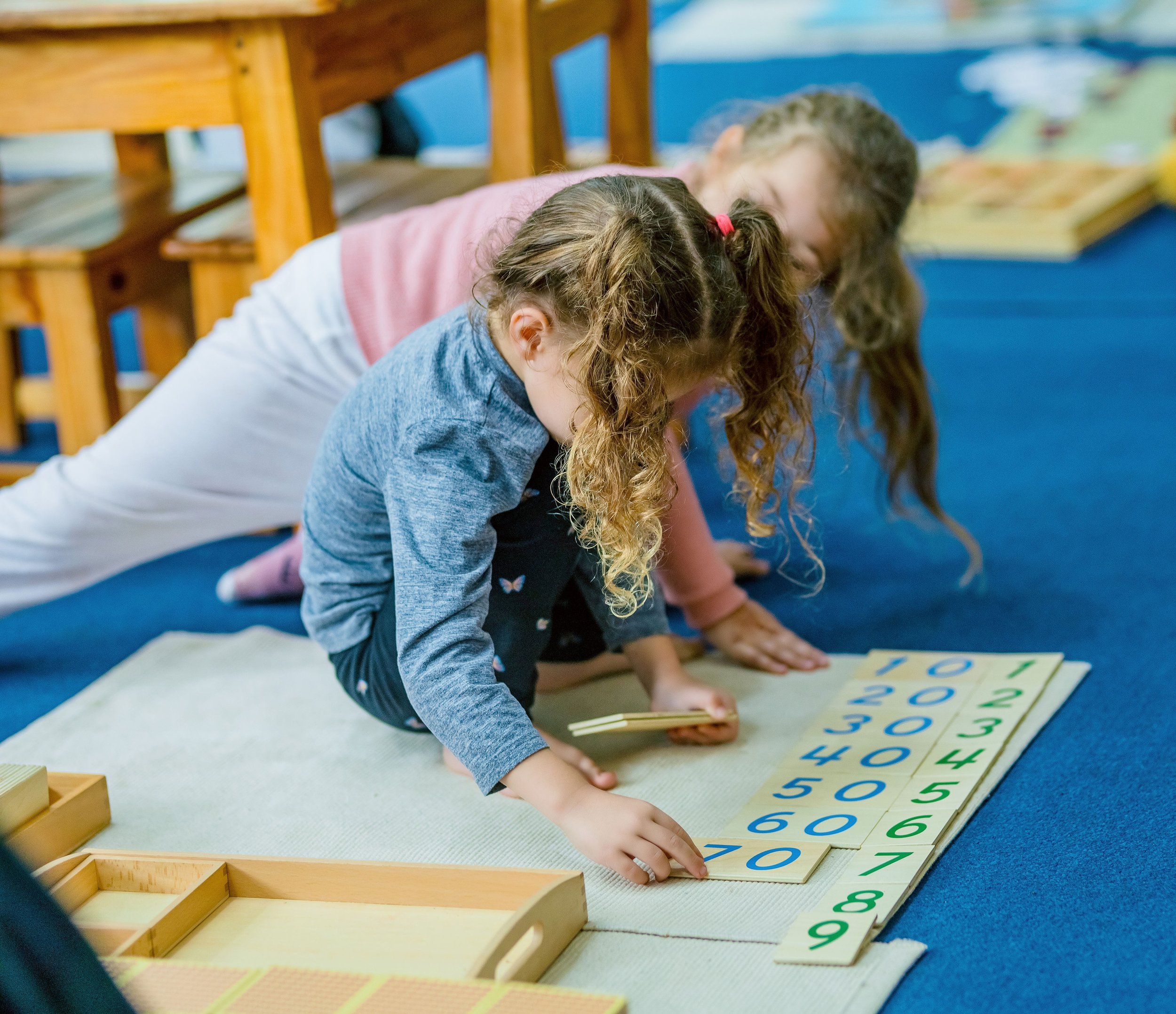
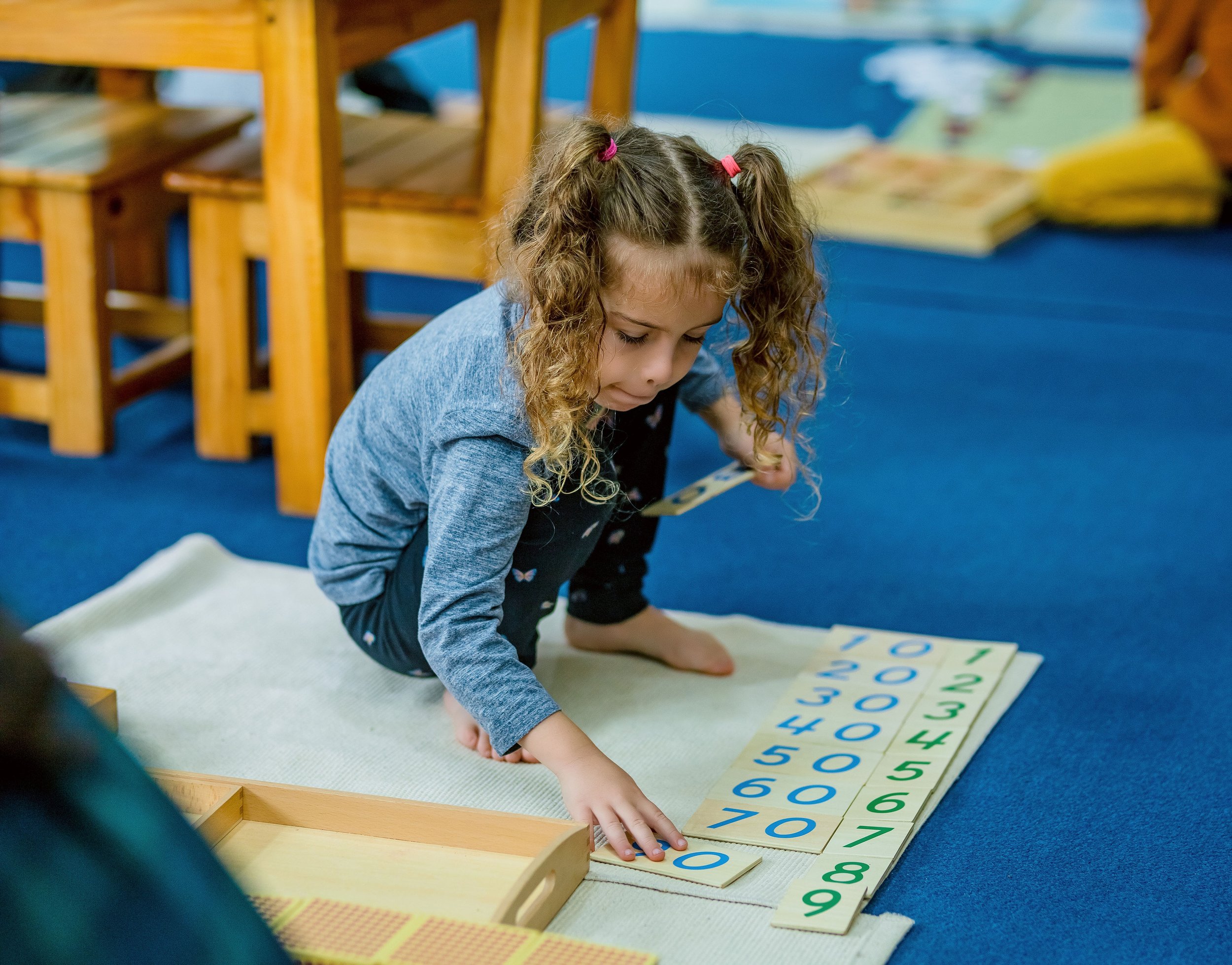
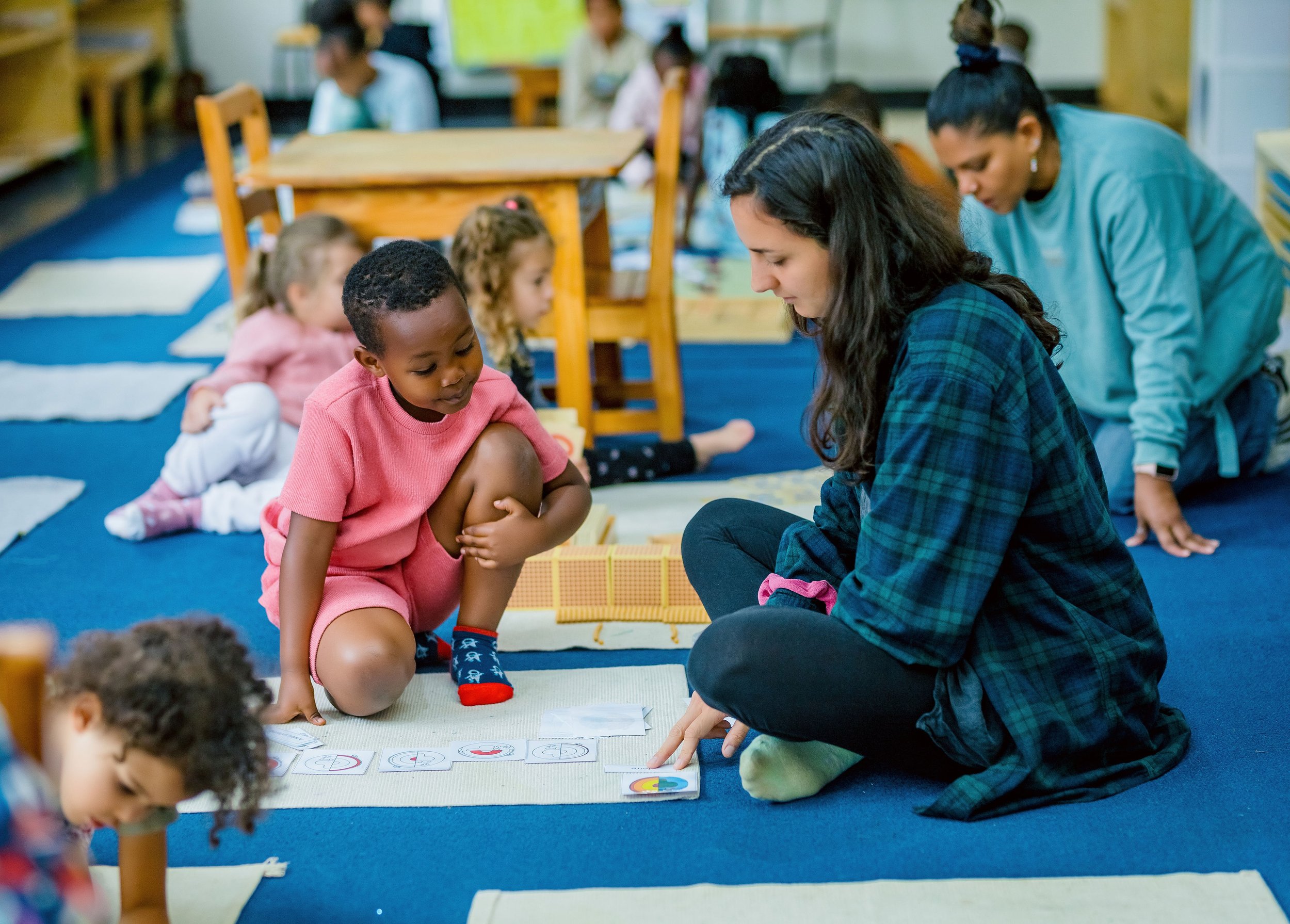

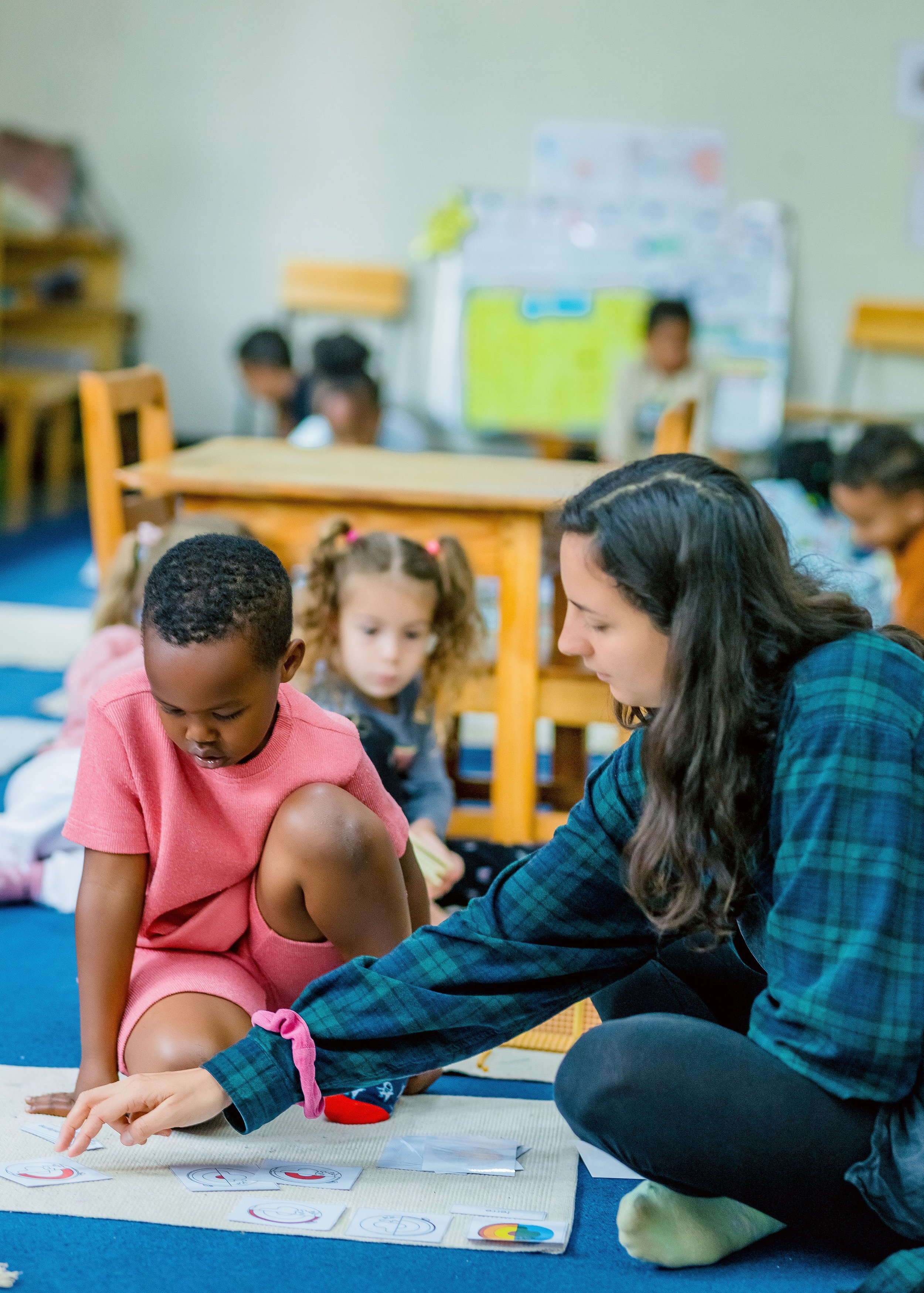
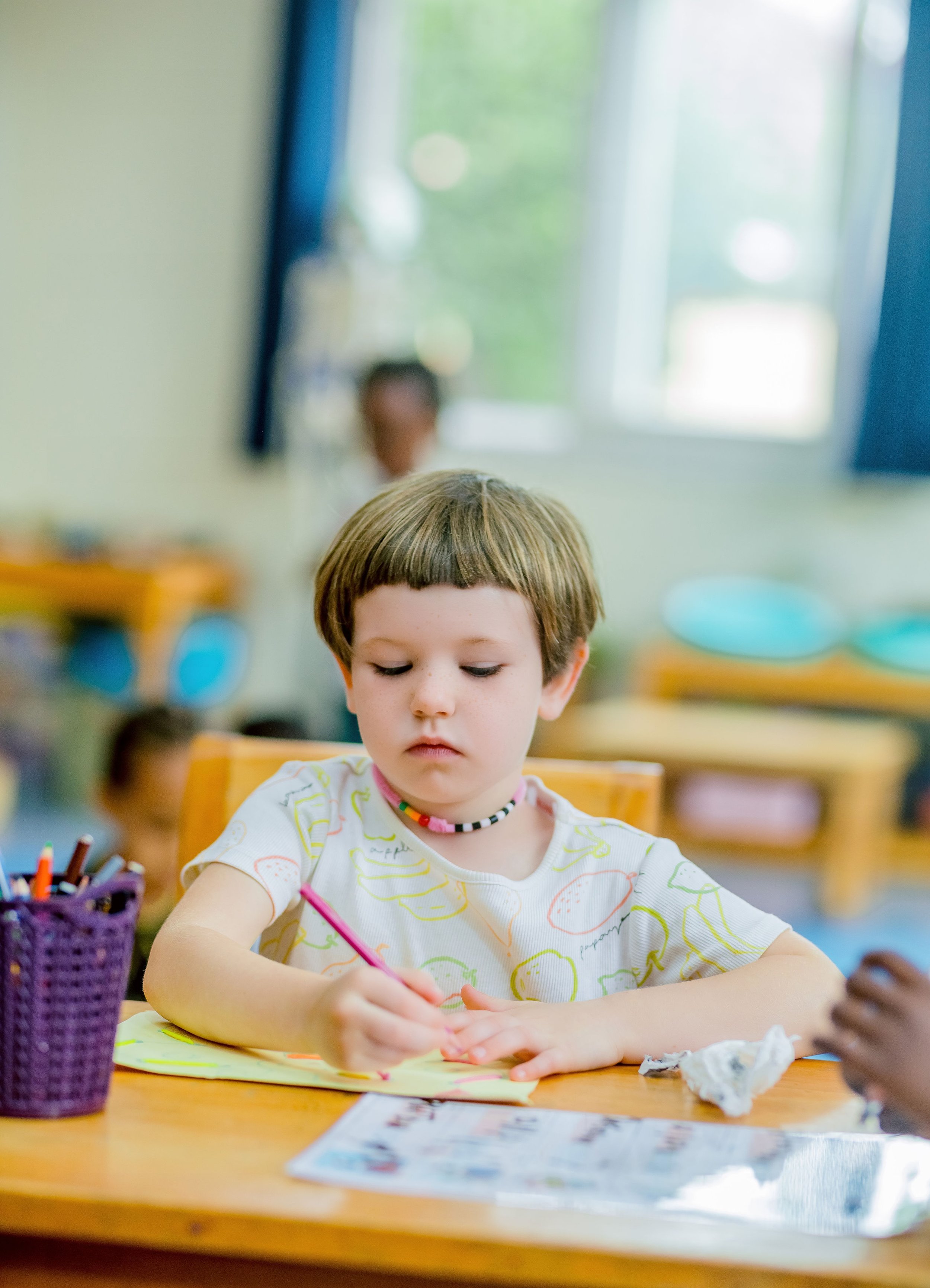
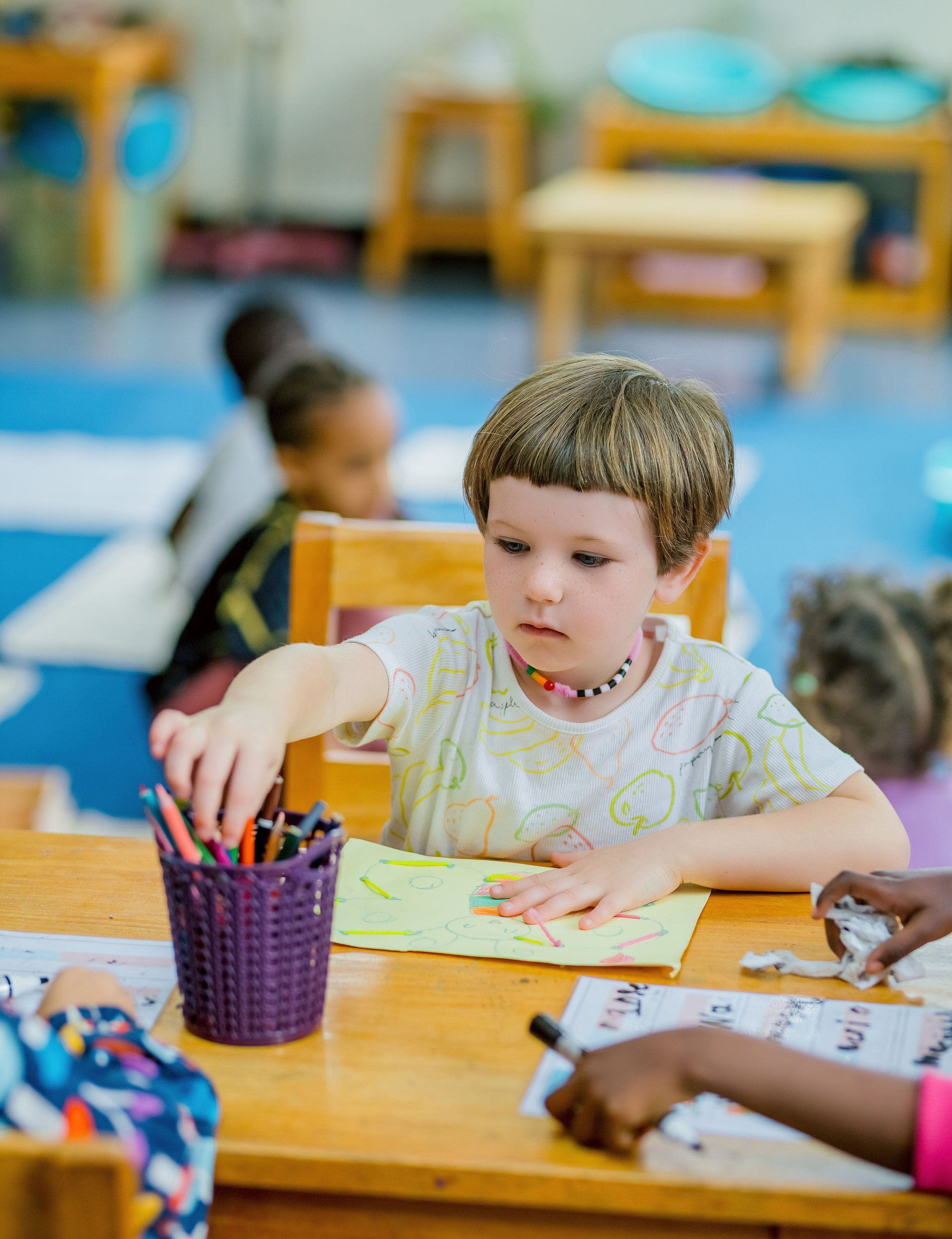
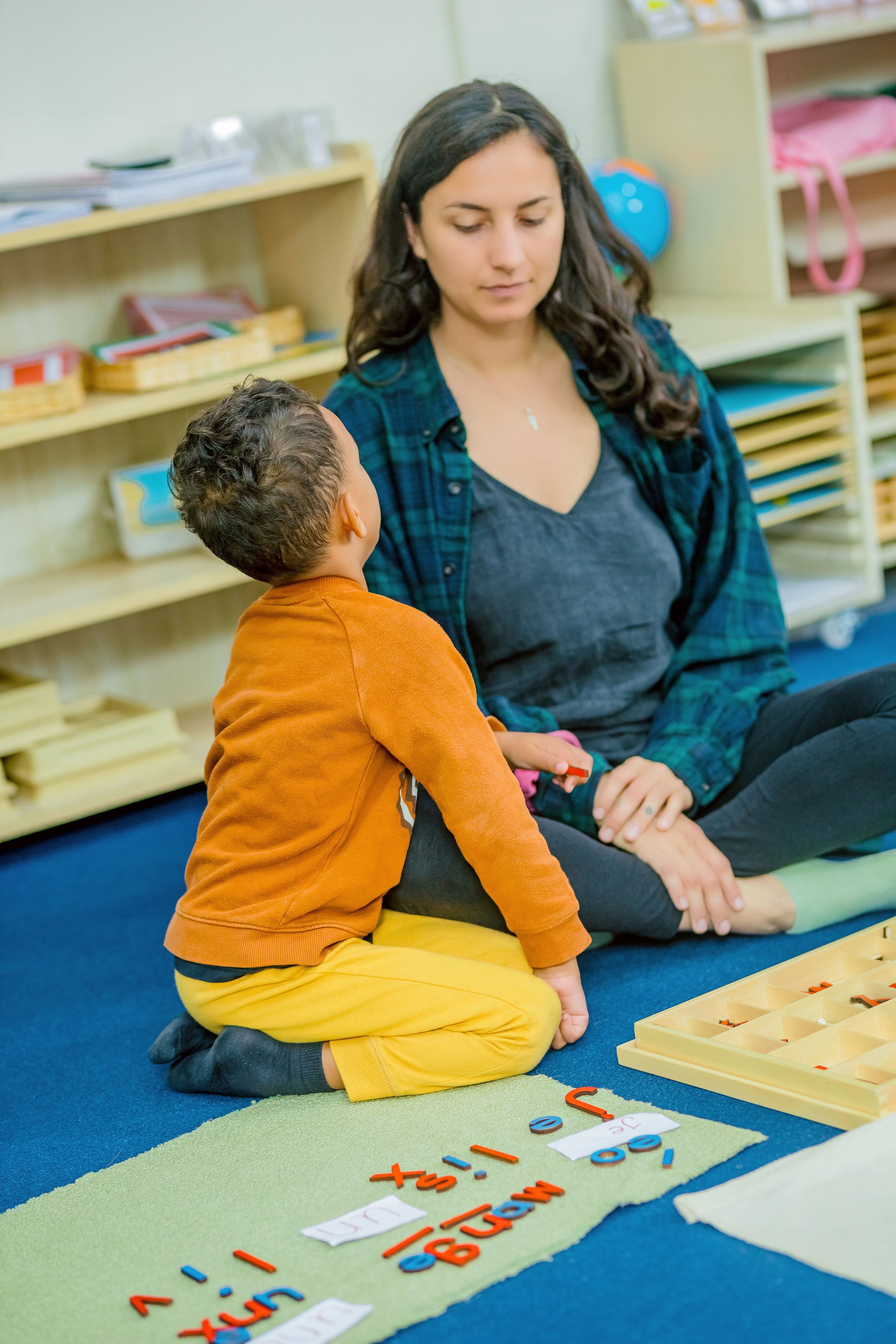
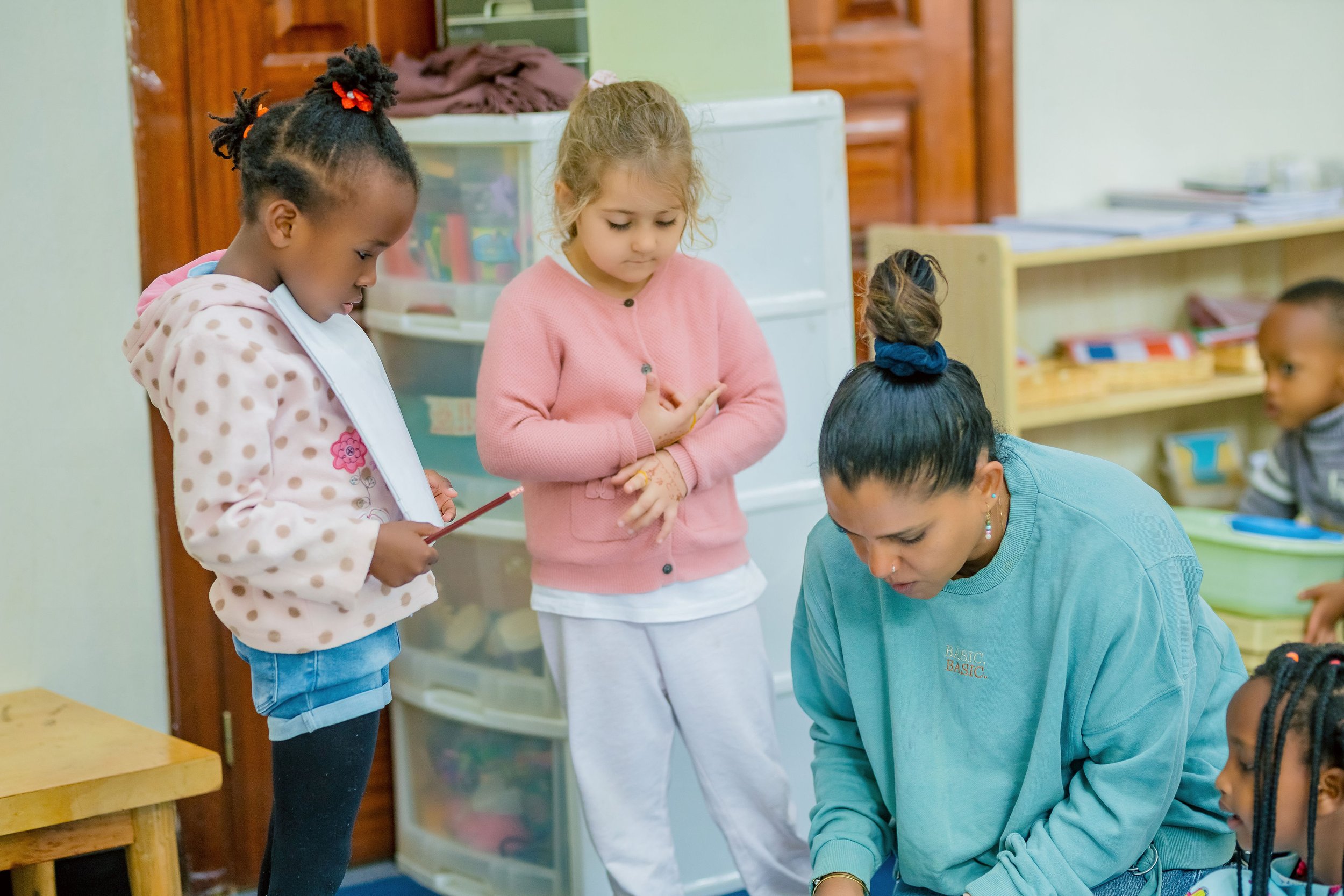
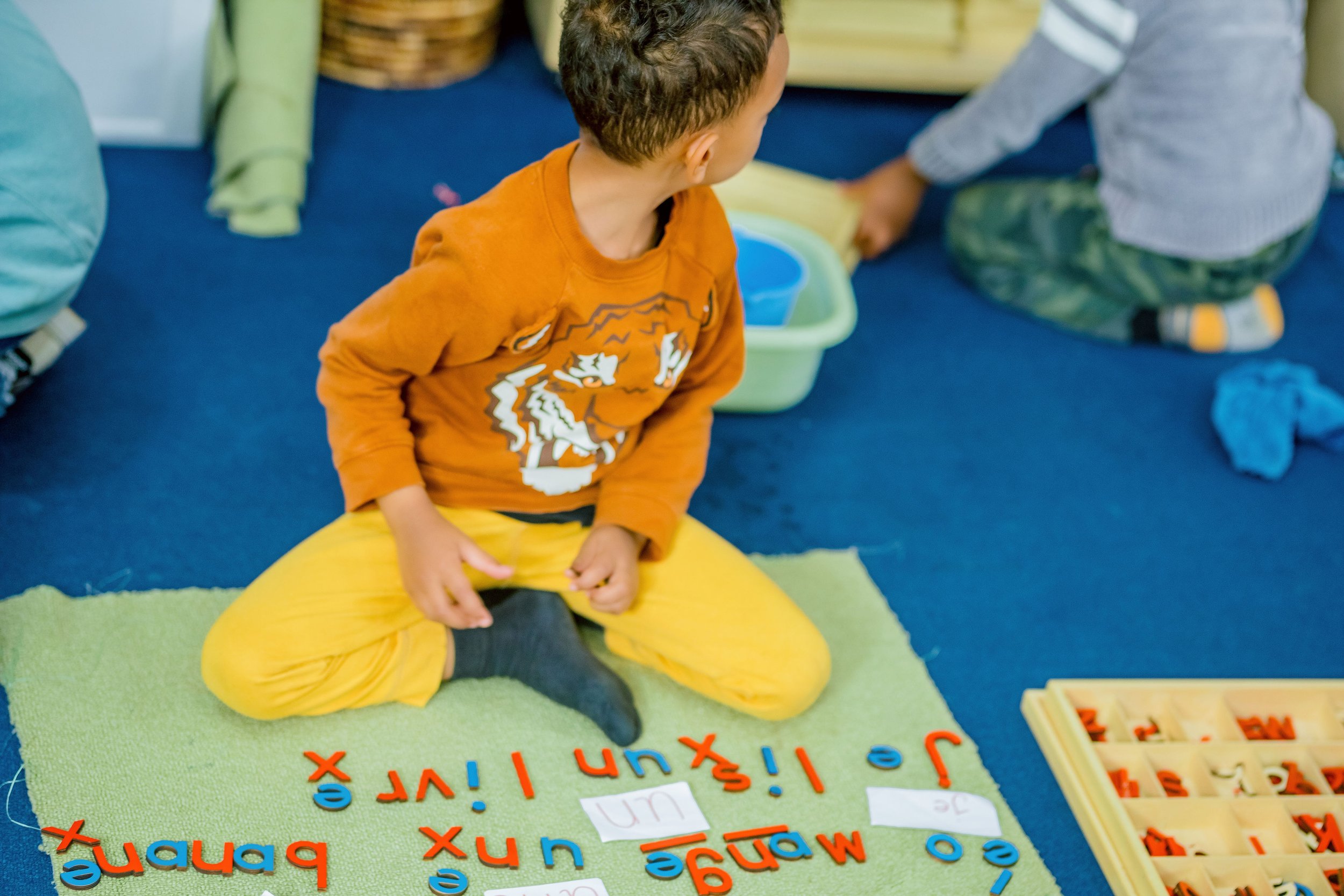

THE SECONDARY PROGRAM
Our secondary school offers the highly respected and internationally recognized IB Middle Years Programme (MYP). This globally acknowledged framework aligns seamlessly with the principles of Montessori education, creating a natural progression into secondary education. Students engage with a comprehensive curriculum led by subject specialists, working in small groups that foster personalized, meaningful learning, and create a reciprocal relationship with their teachers.
OUR APPROACH TO TEACHING IB-MYP
At our school, the International Baccalaureate Middle Years Programme (IB-MYP) is brought to life through the principles of Montessori philosophy. We believe that education is most impactful when it is personalized, meaningful, and grounded in authentic human connection.
Central to both the IB-MYP and Montessori is the belief in student agency. We cultivate a learning environment where students experience freedom within boundaries: they are encouraged to explore and take initiative, while being supported by clear expectations and purposeful structure. This balance helps foster intrinsic motivation and a deep, lasting interest in learning.
Our approach emphasizes individualized education, where each student is guided according to their unique strengths, interests, and learning pace. In small groups and through personal mentoring, students receive the support and challenge they need to grow—not only academically, but also socially and emotionally.
By integrating the rigorous, inquiry-based framework of the MYP with the Montessori focus on independence, respect, and holistic development, we prepare students to become self-aware, globally minded thinkers who are confident in their ability to shape the world.
What Our Learners Will Master in the MYP
-
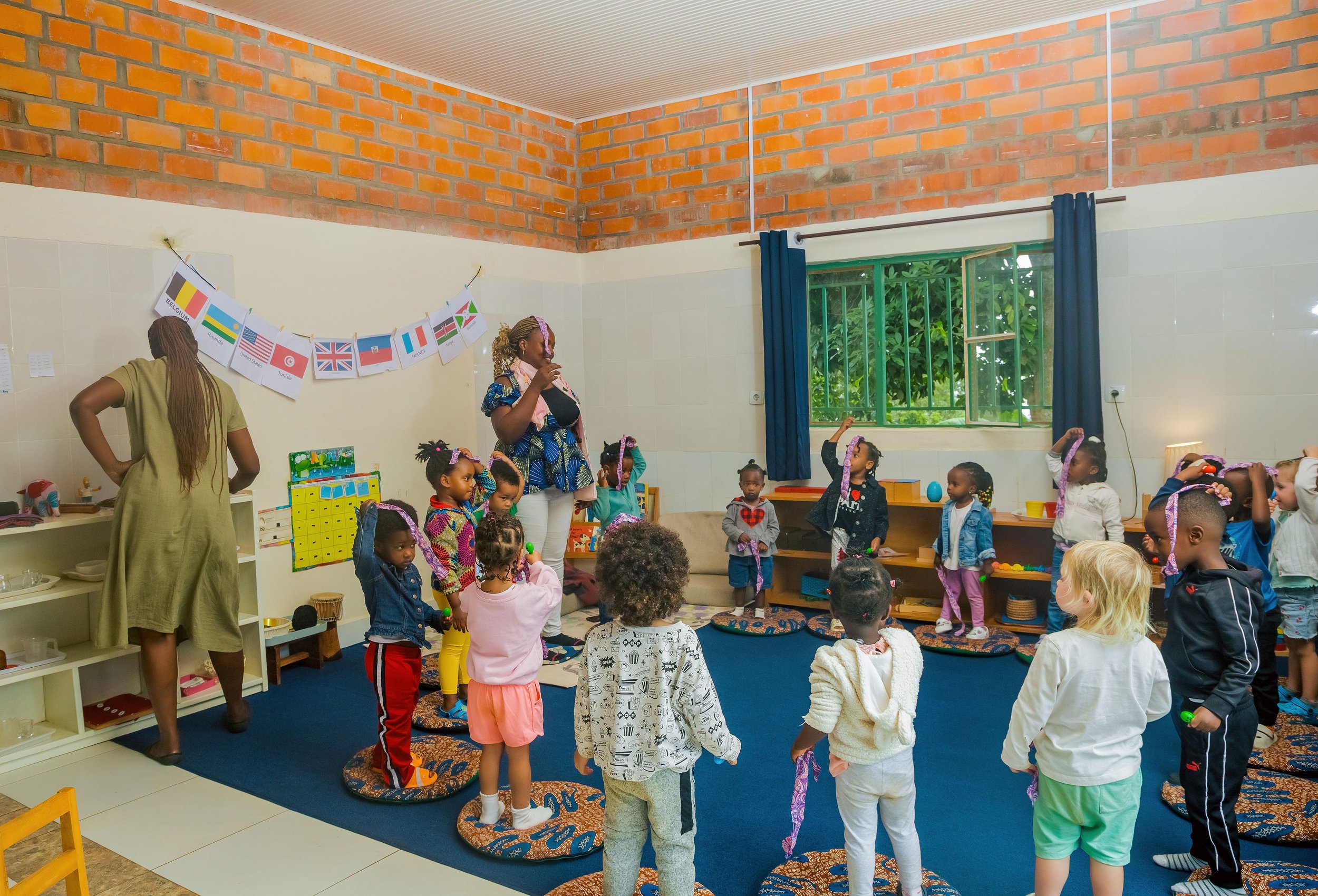
Learning to Learn
Developing Self-Awareness and Independence
In the MYP, students build the skills to take charge of their own learning.
They learn to:
- Set goals and reflect on progress
- Stay organized and manage time
- Ask thoughtful questions
- Think about how they learn best
These habits lay the foundation for lifelong learning and personal growth.
-
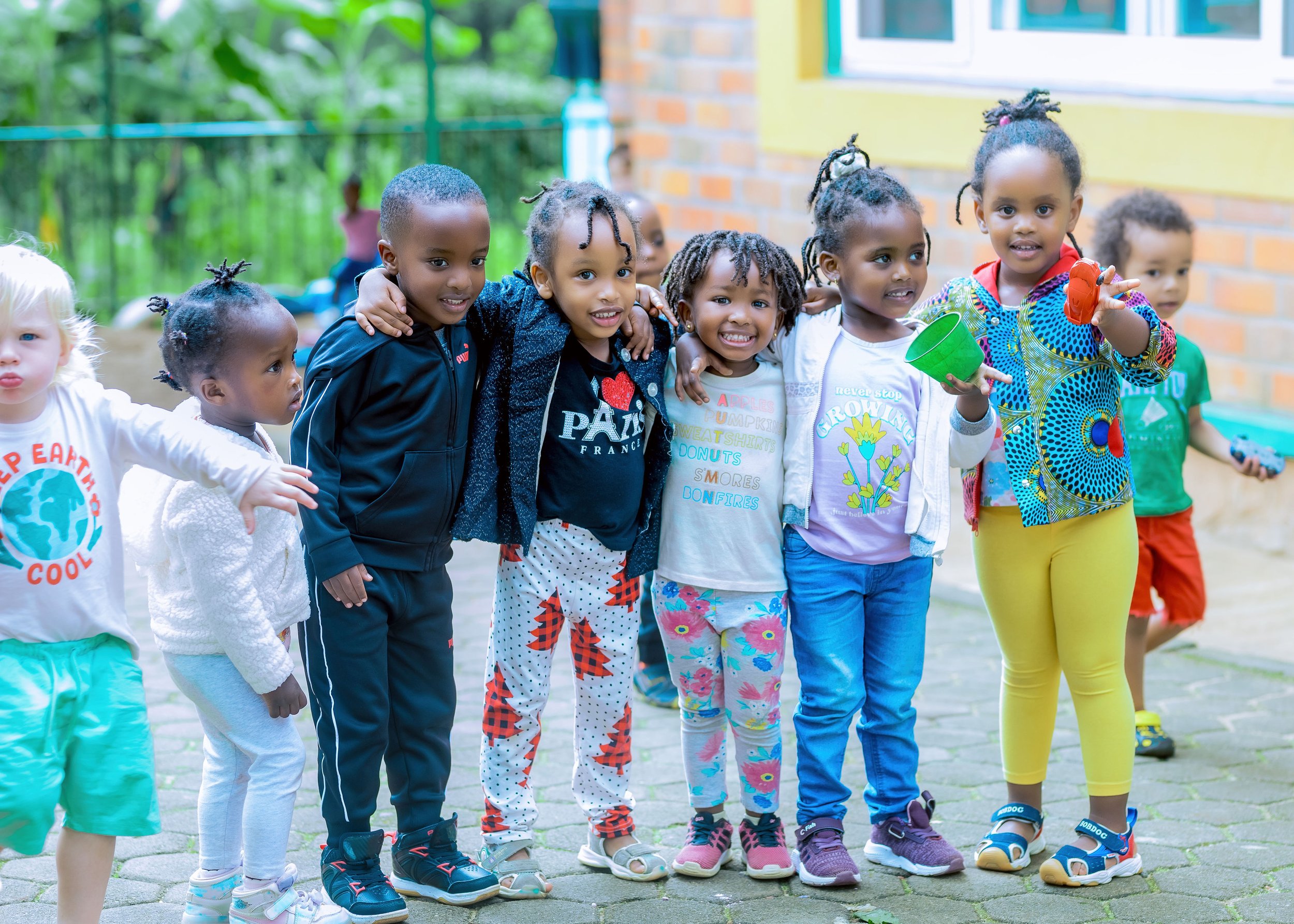
Core Academic Skills
Building Strong Foundations in Every Subject
Students engage deeply with eight subject areas, learning key academic skills such as:
- Clear writing and effective communication
- Research and inquiry
- Analytical and mathematical thinking
- Scientific and creative problem-solving
Our approach ensures your child is well-prepared for future academic pathways, including the IB Diploma Programme.
-
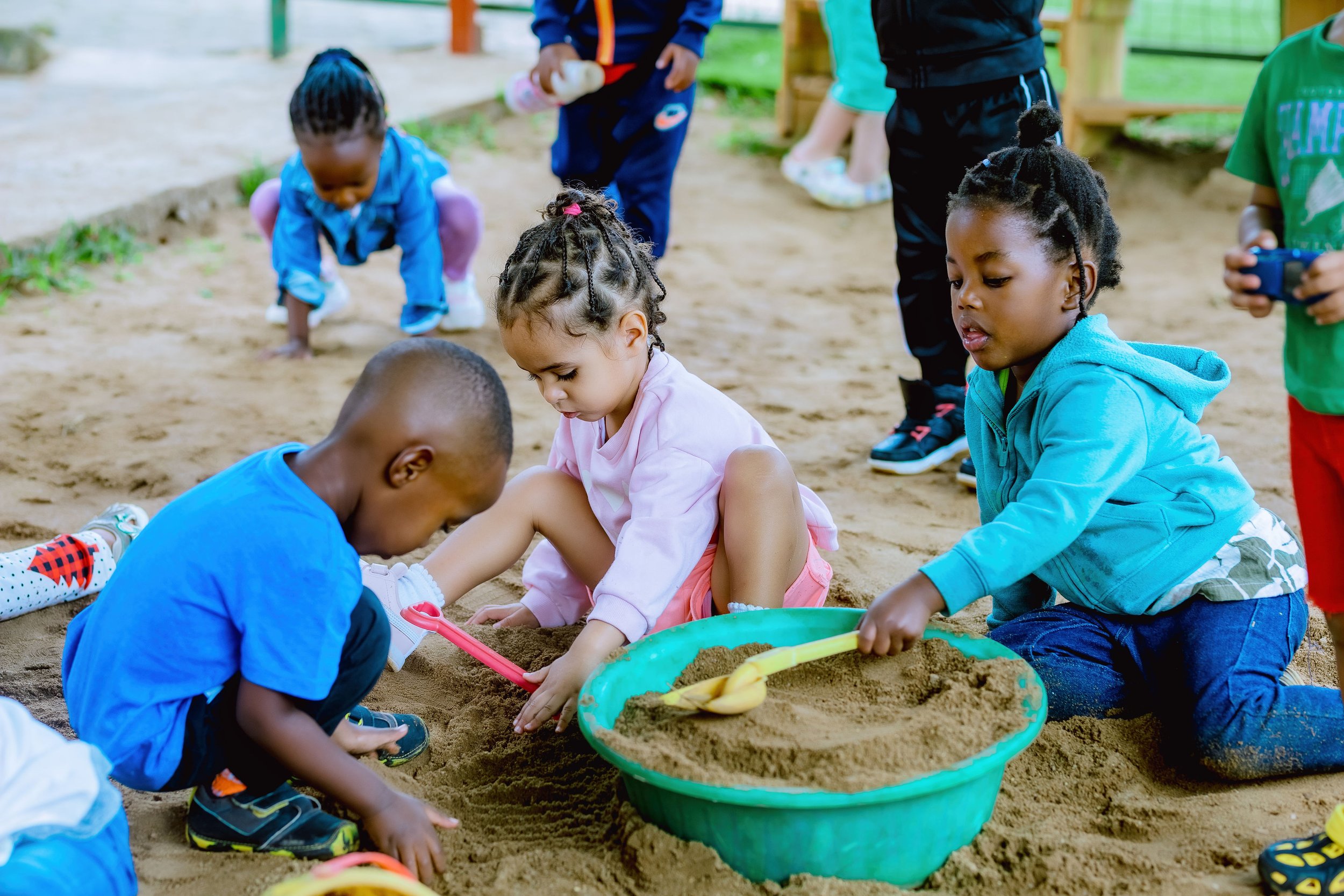
Interdisciplinary and Conceptual Thinking
Connecting Ideas Across Subjects
We encourage students to see how knowledge is linked. Through interdisciplinary units and conceptual learning, they:
- Explore big ideas that span multiple subjects
- Apply learning to real-world contexts
- Develop deeper understanding and intellectual curiosity
This helps them think critically, creatively, and with a global perspective.
-

Action and Agency
Becoming Purposeful and Proactive Learners
MYP students are empowered to make choices and take action. They:
- Take on leadership and service opportunities
- Pursue topics that matter to them
- Reflect on their role in the community and the world
By the end of the programme, students are confident decision-makers with a strong sense of purpose and responsibility.
Learning Design in the IB-Middle Years Programme
Individualised Learning
Tailored to Each Child
We recognise that every student learns differently. At DIMS, we personalise their learning path based on academic level, social and emotional development, and personal strengths. Some students may study different subjects at varying levels, always with the right mix of structure and freedom to help them grow.
Real-World Connections
Learning Through Global Contexts
Our curriculum connects learning to real-world themes like identity, community, and the environment. These Global Contexts help your child understand how subjects relate to each other and to life beyond school.
Whole-Child Development
More Than Academics
We support emotional growth alongside academics. Students work in flexible classrooms where they learn from one another, discuss ideas, resolve conflicts constructively, and take responsibility for their actions. We believe this builds respect for self and others.
Building Essential Skills
Learning How to Learn
Throughout the programme, students strengthen skills like:
Communication
Research
Thinking
Time management
Teamwork
These skills prepare them to become thoughtful, independent learners ready to tackle future challenges.
The Personal Project
Showcasing Growth and Passion
In the final year of MYP, your child will choose a topic they’re passionate about and complete a personal project. They’ll be supported by a teacher-mentor and will plan, research, and present their work, building confidence and independence along the way.
Meaningful Assessment
Clear Goals and Regular Feedback
Assessment at DIMS is designed to help students reflect, grow, and succeed. Our students receive ongoing feedback and meet with teachers to discuss progress. As a parent, you'll be part of this journey through regular updates and Progress Meetings.
Middle Years Programme/ Subjects
-
The MYP mathematics program has four objectives. Knowing and understanding, Investigating patterns, communicating and Applying mathematics in real-life contexts are the headings that are used throughout the five years. Knowing and Understanding has the objective that requires students to demonstrate knowledge and understanding of the concepts and skills in the areas of number, algebra, geometry and trigonometry, and statistics and probability. Investigating patterns allows students to experience the excitement and satisfaction of mathematical discovery. Communicating in mathematics provides a powerful and universal language. Students are expected to use appropriate mathematical language and different forms of representation. Applying mathematics in real-life contexts encourages students to see mathematics as a tool for solving problems in an authentic real-life context.
Key concepts discovered are form, logic and relationships. Related concepts studied are change, justification, patterns, simplification, equivalence, measurement, quantity, space, generalization, models, representation and systems. Global contexts explored are identities and relationships, orientation in space and time, personal and cultural expression, scientific and technical innovation, globalization and sustainability and fairness and development. Thinking, social, communication, self-management and research skills are all developed.
Mathematics is a subject that is alive with the thrill of exploration and the rewards of discovery. MYP mathematics promotes both inquiry and application, helping students to develop problem-solving techniques that transcend the discipline and that are useful in the world outside school.
-
Students study their mother tongue or language they know best whilst being abroad at a thorough level. The chosen language can be English or French. Students read, analyse and compare various texts from informal to formal sources. These range from magazines, newspapers, essays and literature. They study grammar, visual communication in films, advertisements, and various periodicals. They learn how to write texts creatively in a variety of styles and learn to perform critical comparisons and synthesis of information. On an oral level, they deliver presentations and speeches with the use of various tools including electronic media.
-
Speaking a second language is a tool in discovering other cultures, learning about other people and thereby developing respect and enjoyment of diversity. Besides the study of English and French, Dutch, and German are on offer as second languages. This is taught in a dynamic and varied way, and is integrated in real life contexts. Students take at least one second language and depending on their background can take additional languages. At the foundational level the students learn to communicate orally and how to write in everyday situations. At the standard level they are exposed to extended speech in books, articles, news and films and expand vocabulary with non-familiar areas. The spoken language becomes fluent and they use all tenses. They become able to express their ideas and opinions.
At the advanced level, students can understand extended speech and texts, both factual and literary. They can express themselves fluently, using a broad vocabulary. And they are able to write clear, well-structured texts using an adapted style and vocabulary. They are able to translate a complex message into their own words and present it, adding their own points of view.
Based on hands-on inquiry, the focus is on scientific language and principles. Students spend more time focused on the details of the natural world as well as the processes and issues of science: the study of life, laws, and structure of the universe, and how humanity has struggled throughout history to put our understanding to practical use. Students explore science through lessons, demonstrations, experiences, experiments, and independent research.
-
The adolescent wants to contribute. Through participation in real work they create a sense of belonging and they add value to society. The theory demanded in order to do their work is brought to life in the different subjects, also in the sciences being biology, chemistry and physics.
Science is a discipline in which students are exposed to scientific knowledge and learn to apply it in order to construct scientific explanations of phenomena found around them. Experimental work and investigation are used to develop the logical and critical mind. There is emphasis on the awareness of the ethical, social, economic, political, cultural and environmental implications of the practice and use of science and technology as seen today in society.
History is shared through stories based on the contributions of all of humanity. Students receive lessons on the concept and passage of time, as well as how it relates to the earth and the different cultures living on it. The children start with how the world began and cooled, the formation of the atmosphere and oceans, and the emergence of life. Lessons satisfy the child’s need to understand relationships, cause/effect, associations, and morality while utilizing the imagination and sparking curiosity and interest.
Students are in an intellectual period for reason; they are concerned with the role of society, morality, and social interaction. They are still sensitive to the use of the imagination, but maturity results in more advanced thinking, research, and interest. Geography is tied to both the history and science curricula and serves as a bridge to the development of the child’s understanding and appreciation of the story of humankind and nature.
-
Current society becomes a point of departure. Interdisciplinary project work includes human history, geography, philosophy and social sciences. The subjects are integrated thus forming a meaningful whole. Students practice critical and logical thinking based on important academic knowledge. Literature, essays, research documents, presentations and exposition of work are some forms of the visual outcome of the internal processes.
-
Students discover themselves and build up concentration and self-confidence through the use of different forms of art.
Adolescents need time and place to be expressive and creative. The environment includes dance, music, drama, art, craft, drawing, poetry and creative writing. Modes of self expression are exhibited through oral presentations, meetings, visual displays, video recording, theatre productions, journaling and interviewing others.
Art classes help develop students’ artistic creativity as well as an awareness of their talents. Visual art lessons give the students an opportunity to learn about the history of art as well as developing practical skills to express themselves and their ideas. They explore through a variety of themes and learn to interpret in an artistic manner.
All students play a musical instrument and can choose between violin, piano and guitar. Music specialists give individual or small groups lessons on a weekly basis. Students also form bands and choirs depending on and related to their drama performance and music initiatives.
-
In the MYP Design course, students develop critical thinking, problem-solving, and creative skills through the design cycle. At our school, we focus specifically on Digital Design and Robotics, where students explore how technology can solve real-world problems. They learn to code, design digital products, and build intelligent robotic systems. Through hands-on projects, students gain practical experience in innovation, collaboration, and iterative design preparing them for the tech-driven world. The Design Cycle:
In order to help students think analytically, to solve problems and to succeed in the creation of ideas and solutions, they are encouraged to use the design cycle. The steps are outlined below;
Inquiring and Analysing: identify the product or process that needs to be created or problem to be solved. This includes researching, interpreting, handling of data, and evaluating the importance of the problem for life, society, and the environment
Developing Ideas: List the specific design requirements that must be met by the product/solution. Create several feasible designs that meet the specifications for the required result
Creating the Solution: Construct a plan to create the idea that has a series of logical steps and that makes effective use of resources and time. Follow the plan and create, keeping in mind that appropriate quality is needed
Evaluating: Evaluate the end result. This includes testing of the product/solution, reflection of the overall process and at every step of the design process, and suggestions for improving the fit, quality, and process of the created product/solution.
Design is not only valuable in reinforcing and integrating skills learned in other disciplines, it also fosters awareness of the social and ethical implications of technological development. This process is rarely a simple linear progression. It usually involves critical analysis and moving back and forth between the steps. Ultimately, it stimulates the students' ingenuity and encourages them to combine intellectual talents and practical skills.
-
Sports, gymnastics, circus activities and games allow for individual motor development, skill coordination and team participation. The most important aims are to encourage the development of “intelligent performers” and to stimulate students in understanding the importance of a balanced, healthy lifestyle. A sports committee, made up of MYP students and their sports teacher, plan special sports events, organise sport hall facilities, fields, equipment, transport and parent communication.
The objectives of teaching and learning physical and health education are;
To encourage and enable students to work to their optimal level of physical fitness.
To become aware of movement as a creative medium connected to communication and expression.
To develop the motor skills necessary to participate successfully in a variety of physical activities.
To experience enjoyment and satisfaction through physical activity
To develop social skills that demonstrate the importance of teamwork and cooperation in group activities
To learn to reflect upon physical activity in both a local and intercultural context.
Learner Profile
The IB programmes are designed to develop internationally minded individuals who recognize our shared humanity and responsibility for the planet. At DIMS, we nurture these values in our students—helping them grow into thoughtful, principled, and compassionate members of local and global communities.
The IB Learner Profile outlines ten key attributes that students strive to develop throughout the programme:
Inquirers
We nurture curiosity by developing strong research and inquiry skills. Our students learn how to learn—both independently and collaboratively—and carry a love for learning throughout life.
Students explore ideas across multiple subjects, gaining a deep understanding of concepts and issues that matter locally and globally.
Knowledgeable
We encourage critical and creative thinking. Students analyze complex problems, make ethical decisions, and take thoughtful action.
Thinkers
Students express themselves confidently in multiple languages and in various ways. They also listen and collaborate effectively with others, valuing diverse perspectives.
Communicators
Integrity, fairness, and responsibility are at the core. Students learn to act honestly and respectfully, taking ownership of their actions and their consequences.
Principled
Students reflect on their own cultures and values while exploring those of others. They welcome different viewpoints and grow through meaningful dialogue and experience.
Open-minded
Empathy, compassion, and respect guide our students in making a positive difference in their communities and the wider world.
Caring
We support students in approaching new experiences with courage and resilience. They embrace uncertainty, explore innovative solutions, and adapt in the face of change.
Risk-takers
Students learn to balance intellectual, physical, and emotional well-being, recognizing how these elements contribute to a healthy and fulfilling life.
Balanced
Students are encouraged to think deeply about their experiences, recognize their strengths and areas for growth, and set goals for personal and academic development.
Reflective
Our Programs
-

Toddler Community (18 months – 3 years)
Gentle introduction to community, sensory play, routine
-
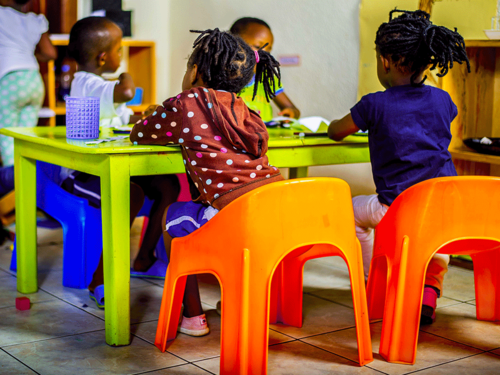
Early Childhood (3–6 years)
Montessori-inspired learning, independence, practical life, phonics, numeracy
-
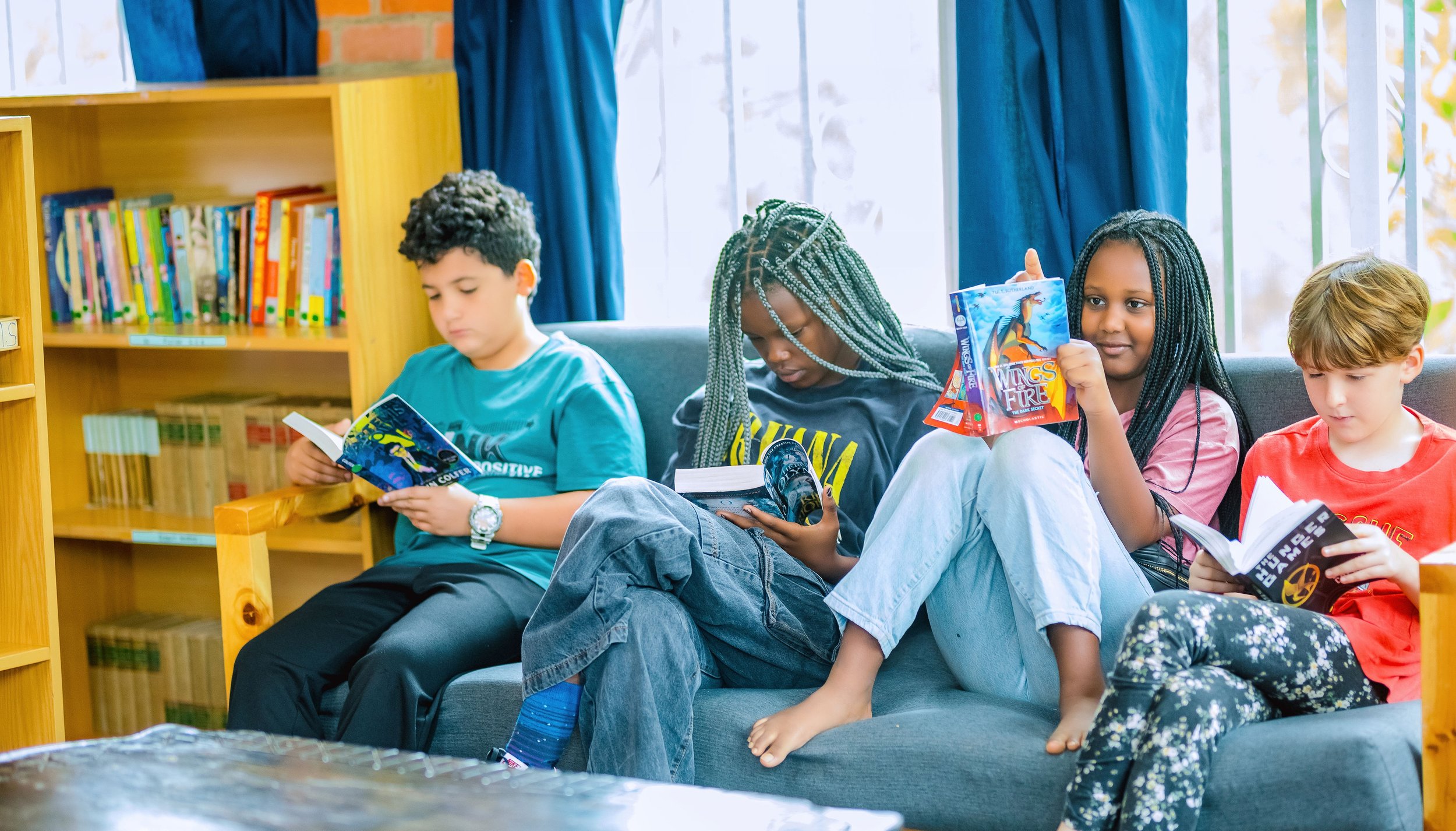
Elementary (Grades 1–6 years)
Project-based learning, interdisciplinary units, strong academic foundation with creativity
-
Secondary (Grades 7–10 years)
Deep academic engagement, mentorship, career exploration, global citizenship
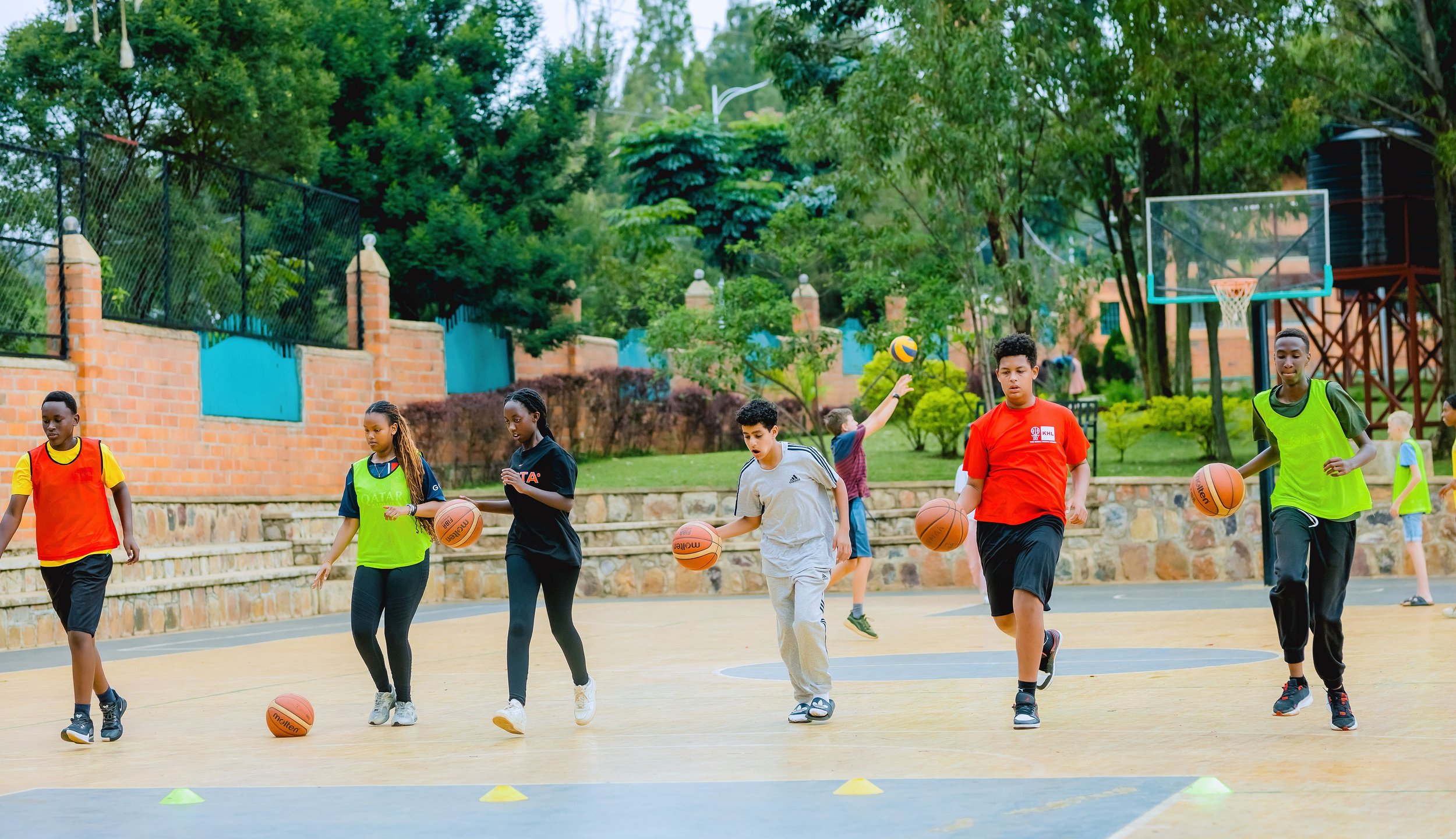
We make a Difference
Each DIMS student follows a unique and powerful journey—whether through academics, service-learning, environmental advocacy, or athletic achievements.



